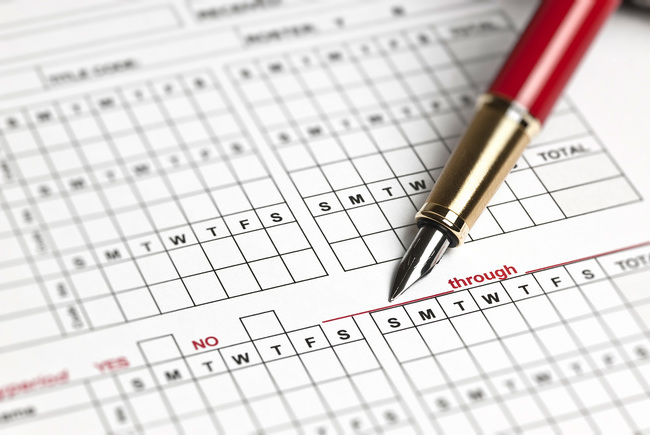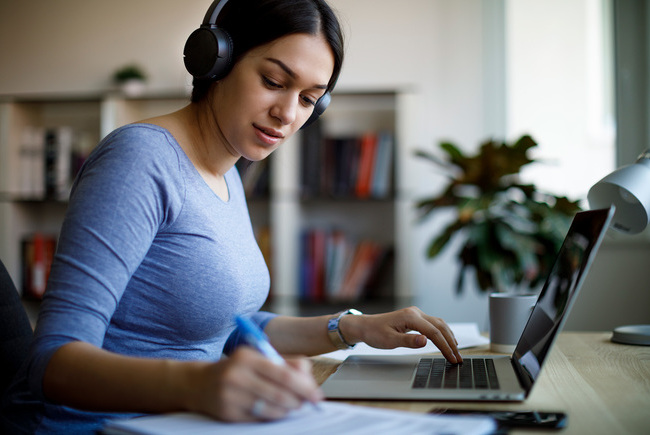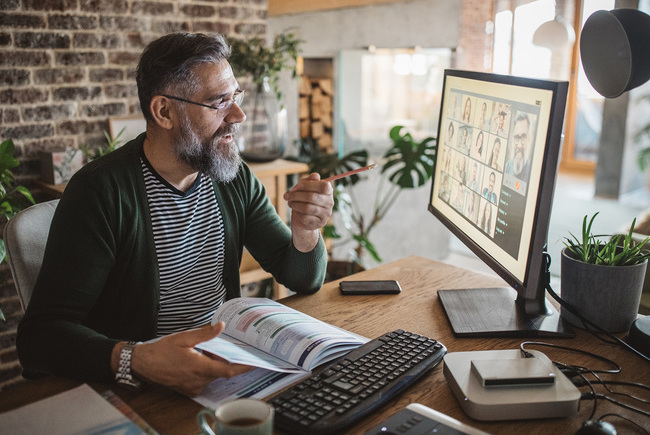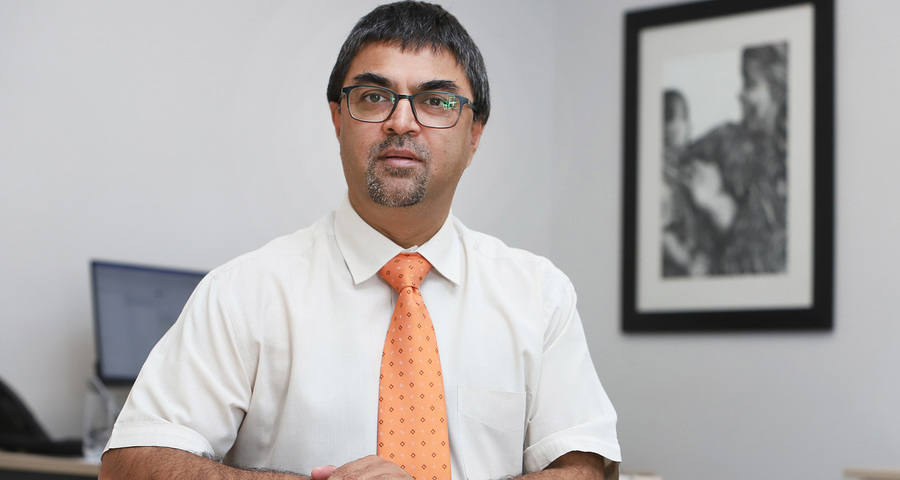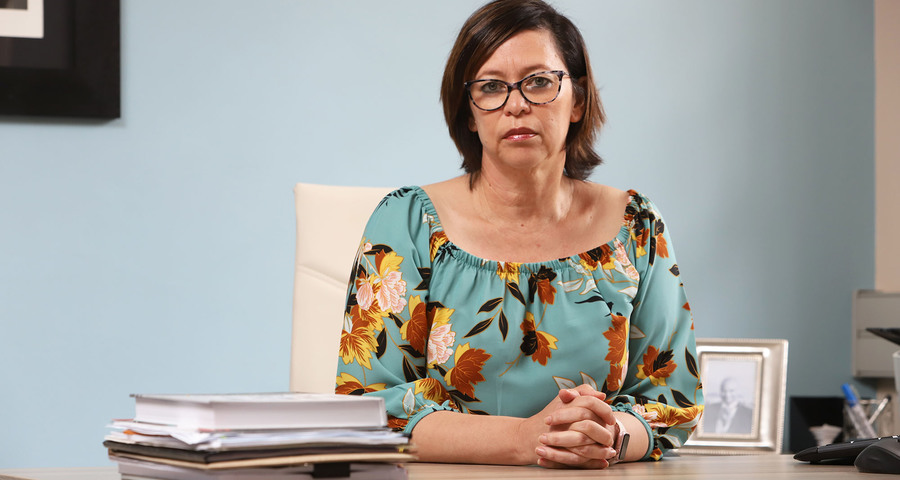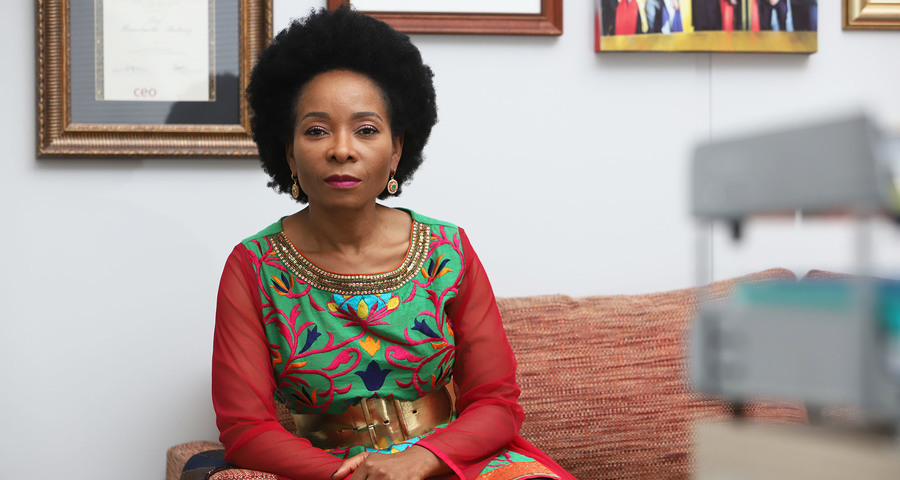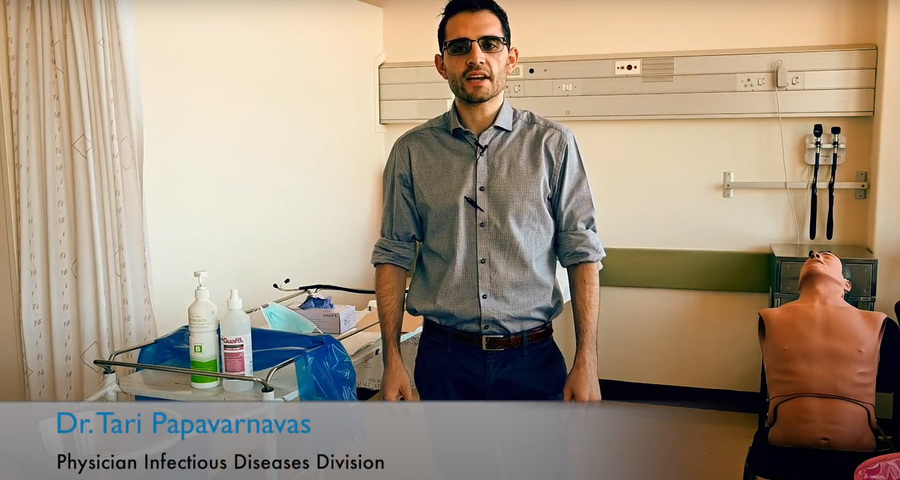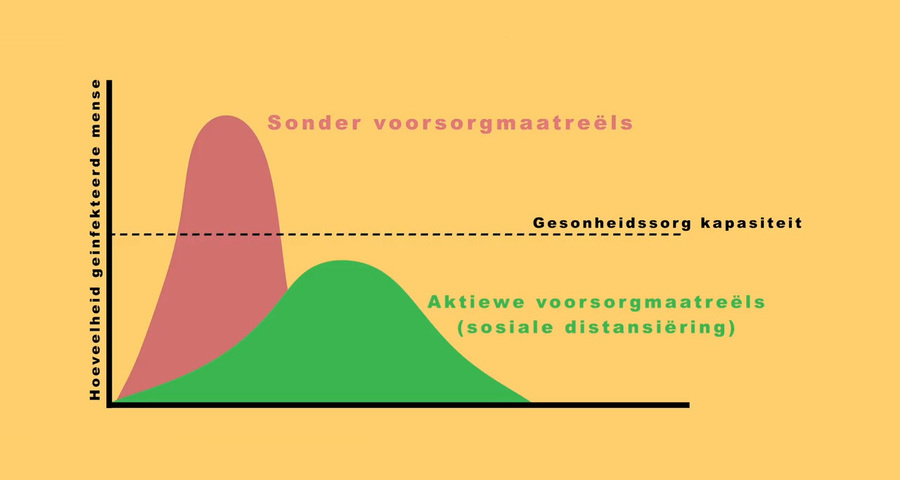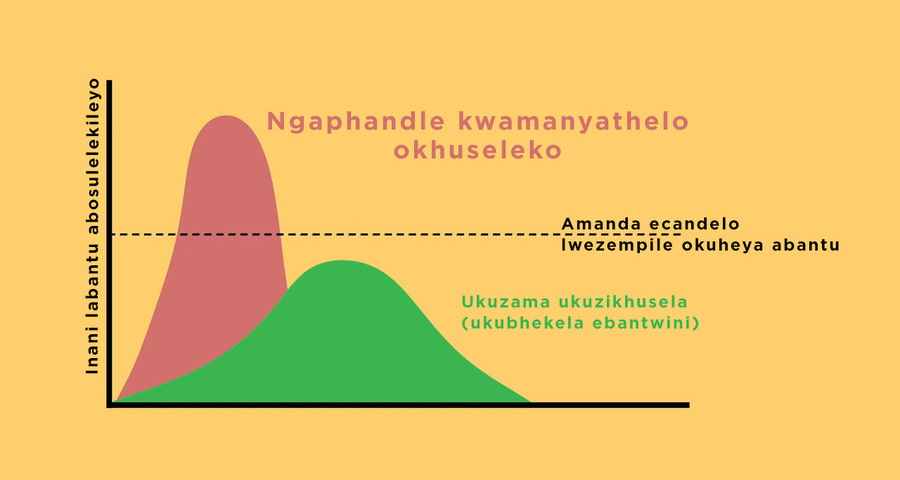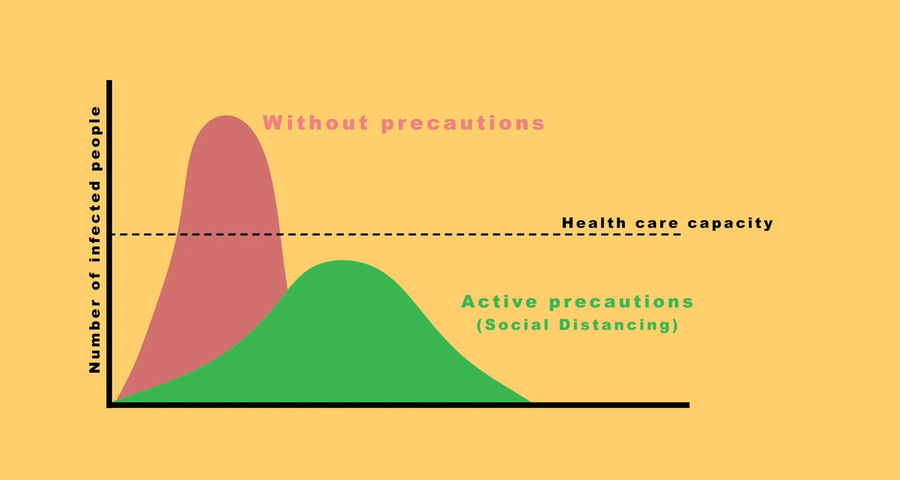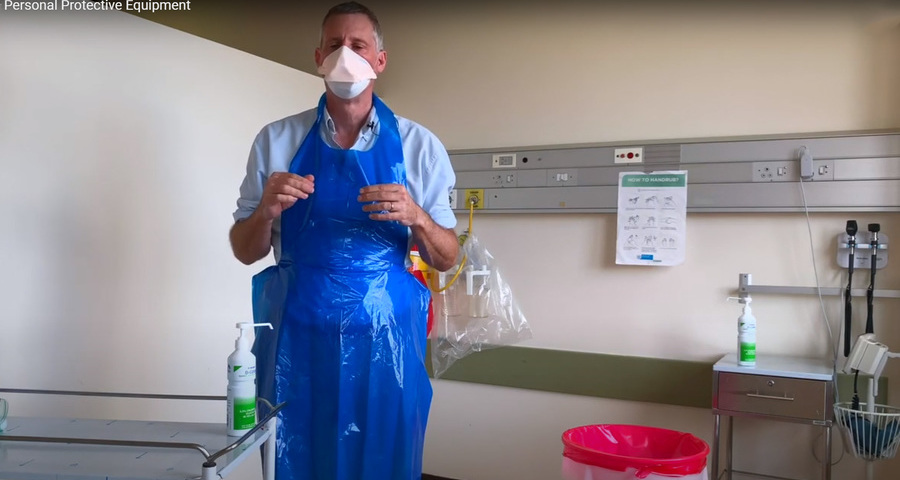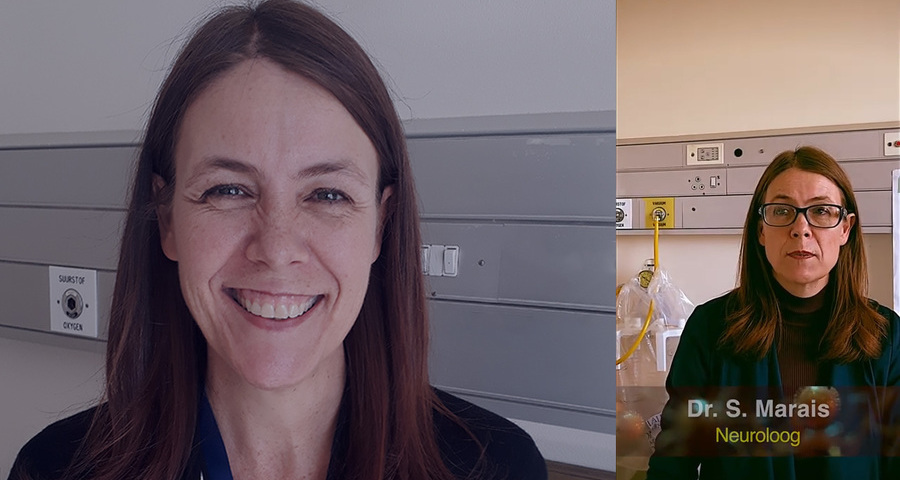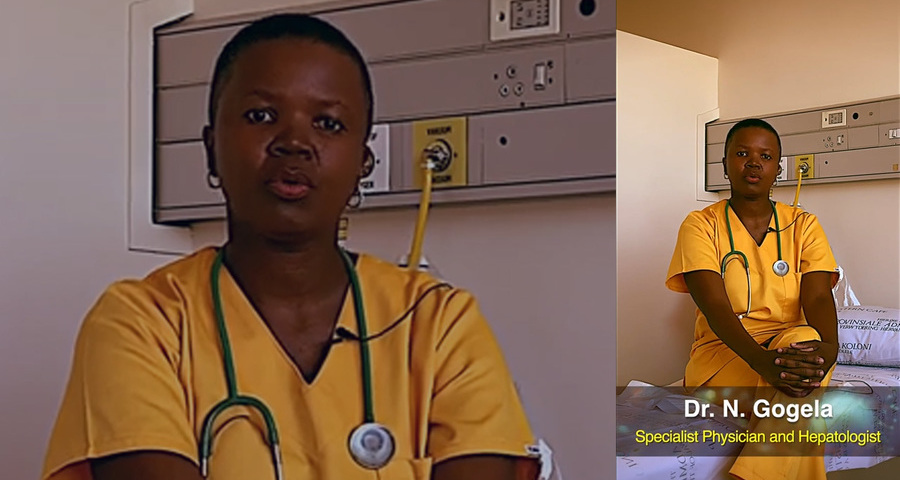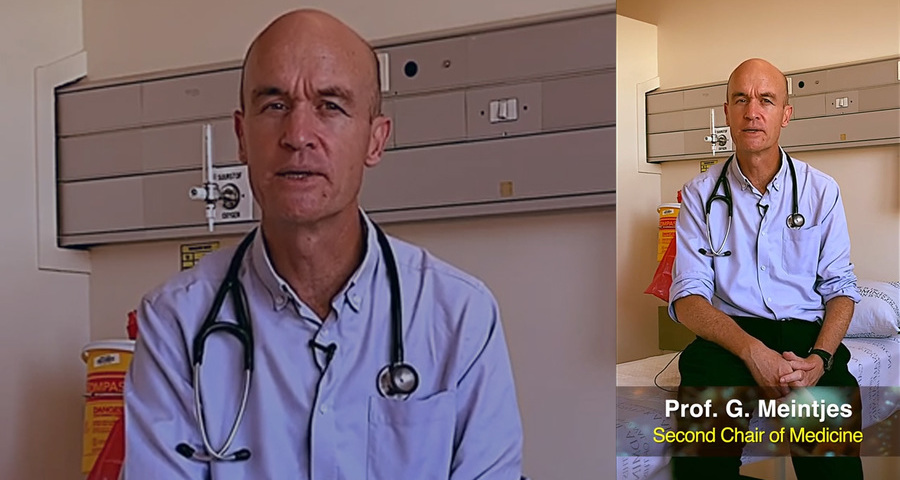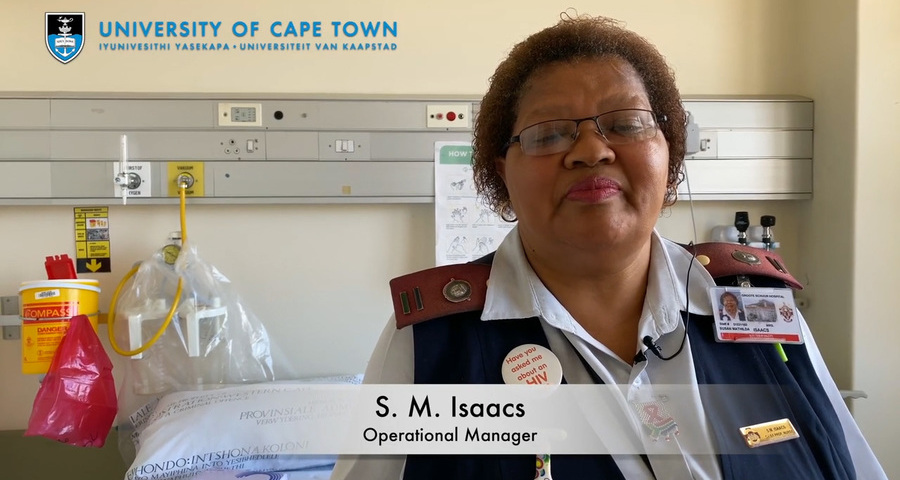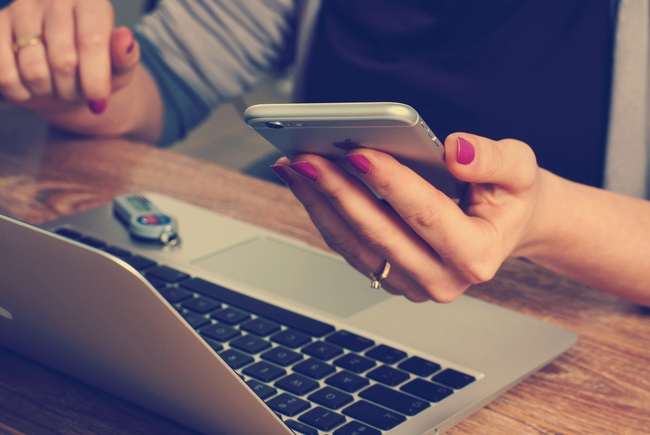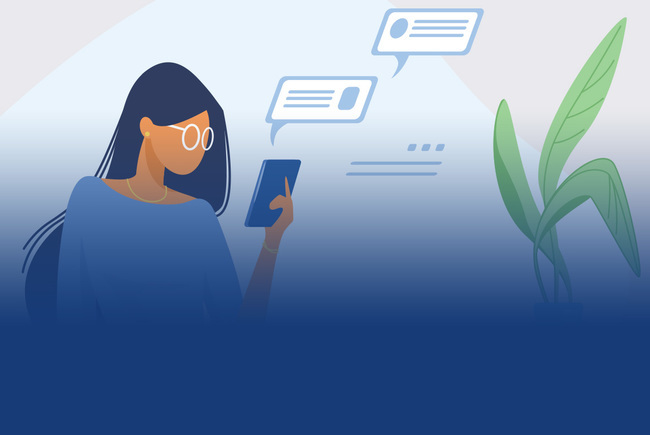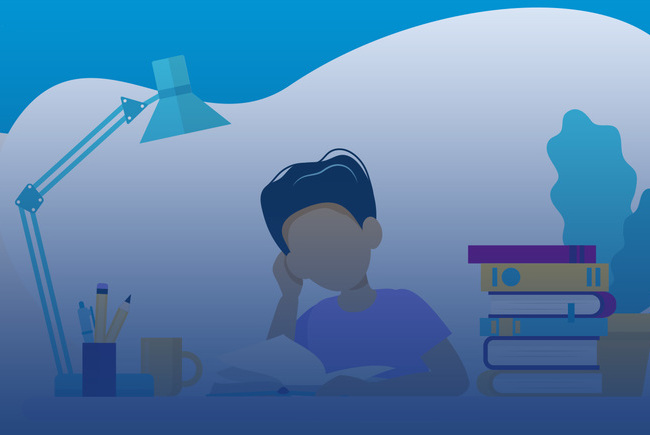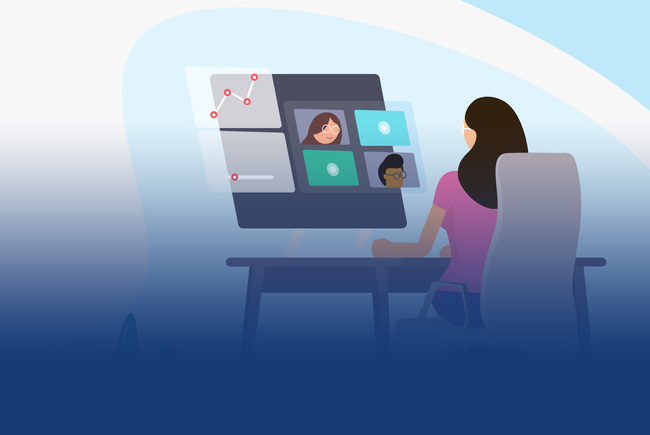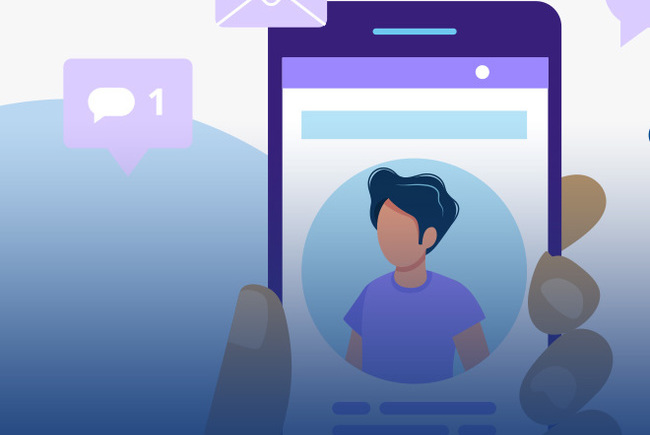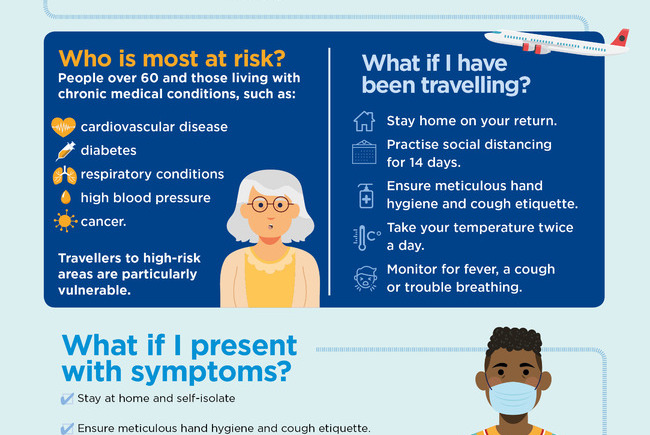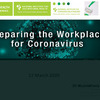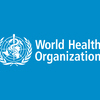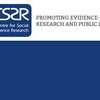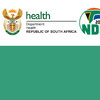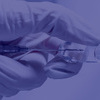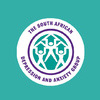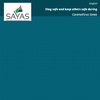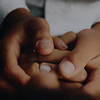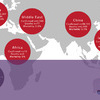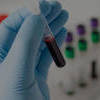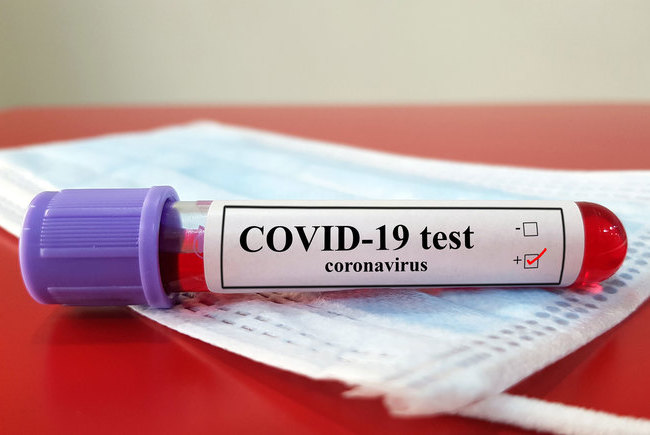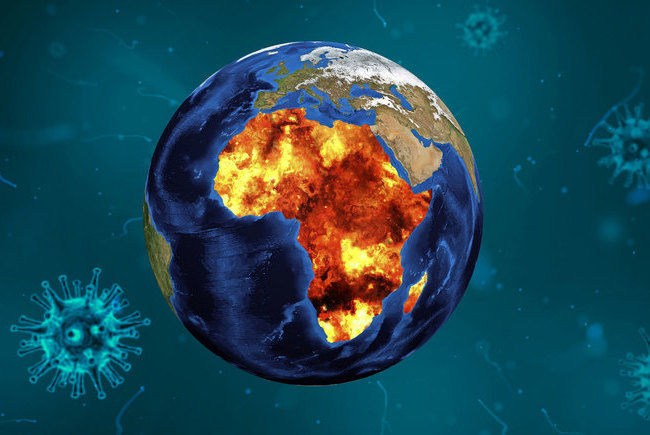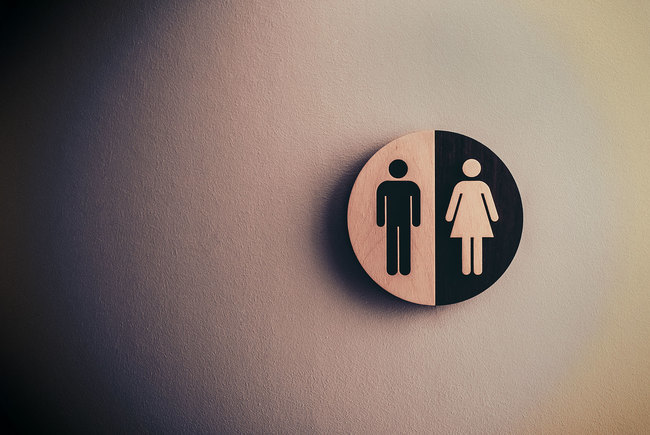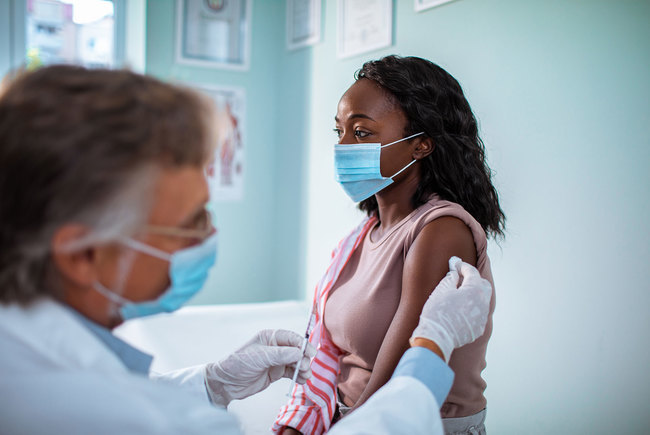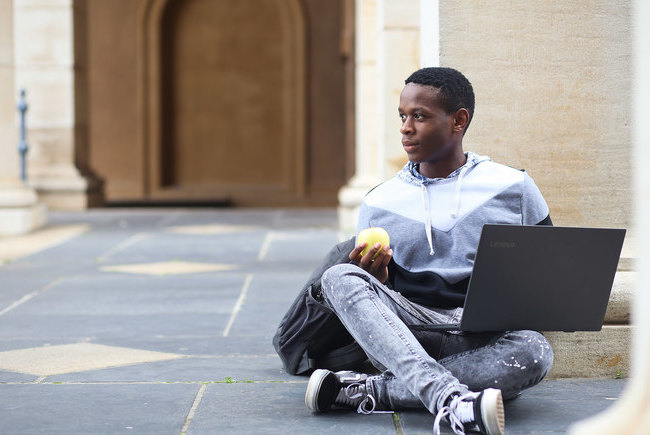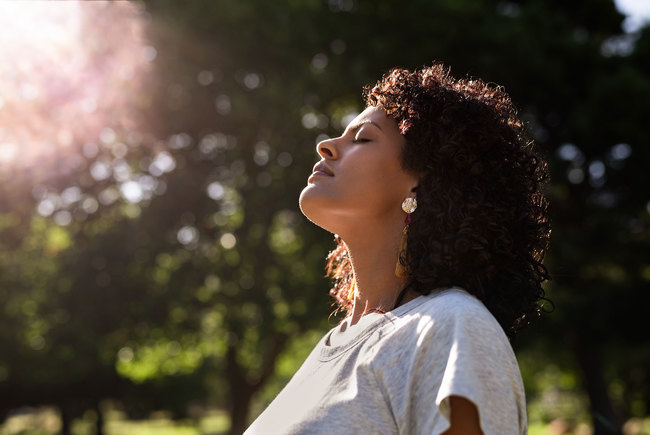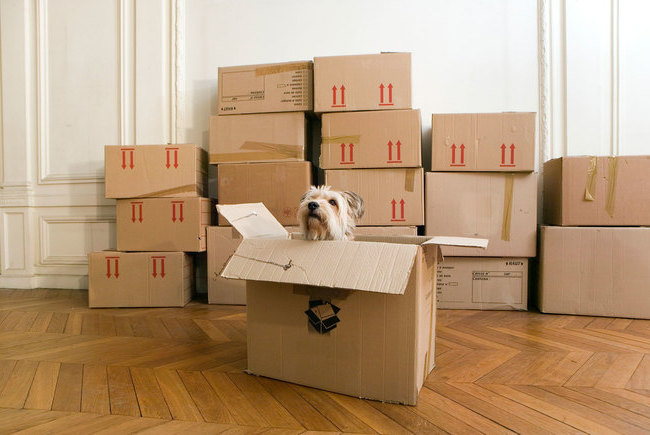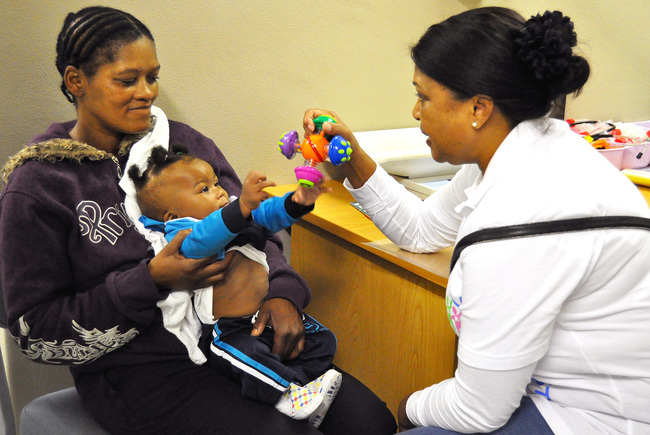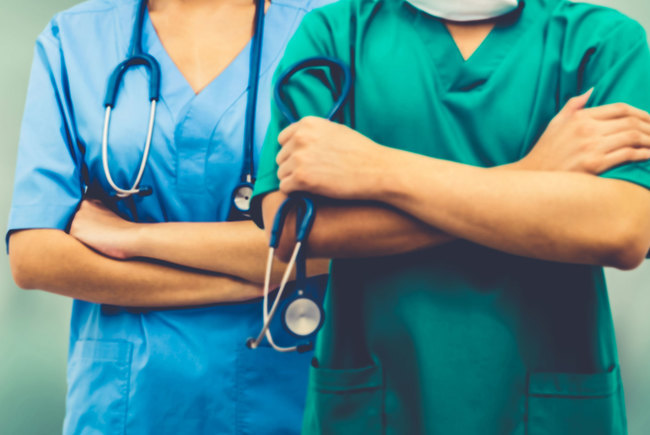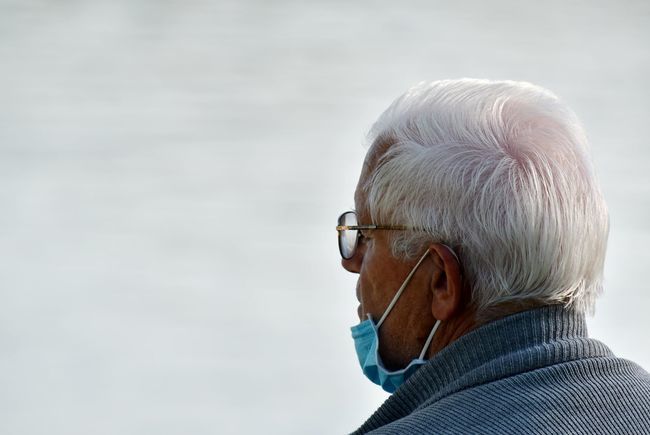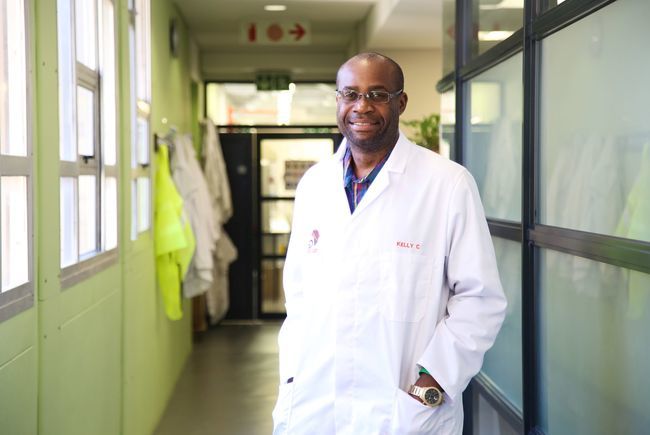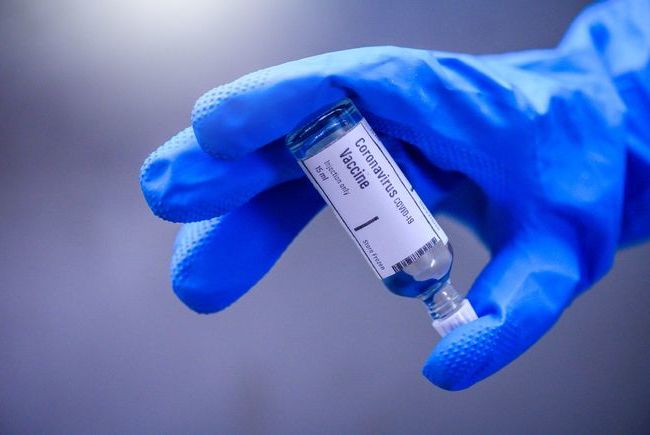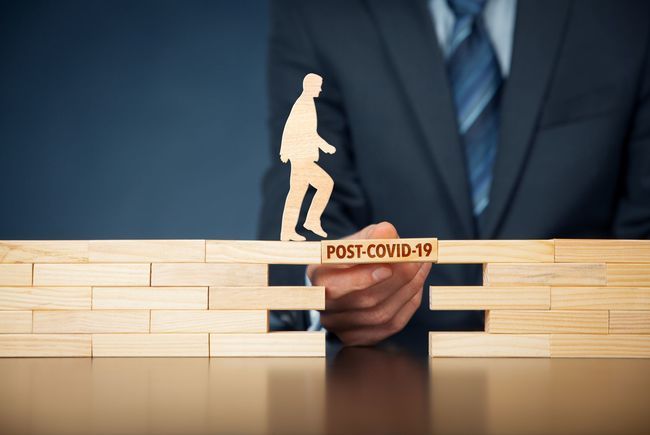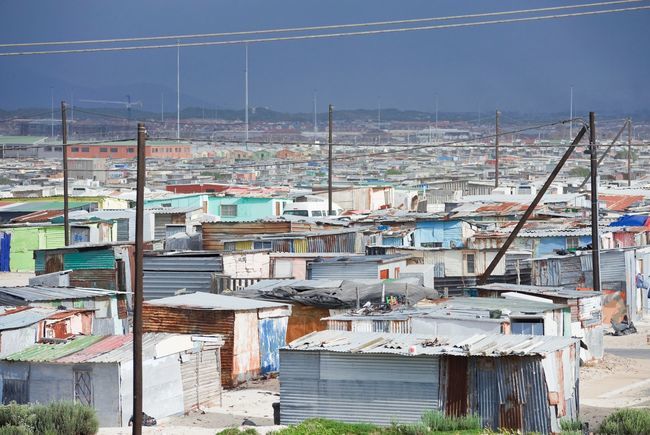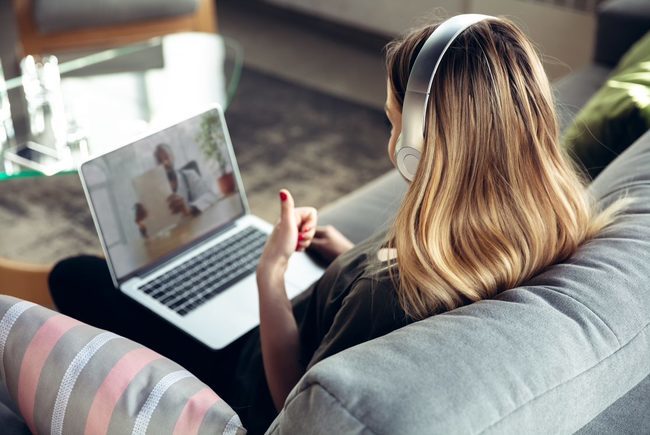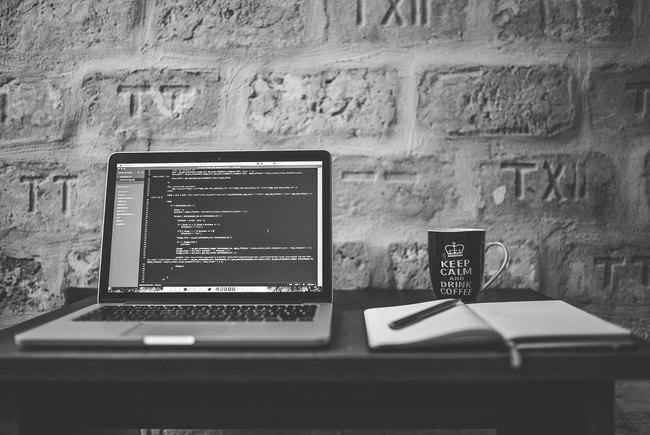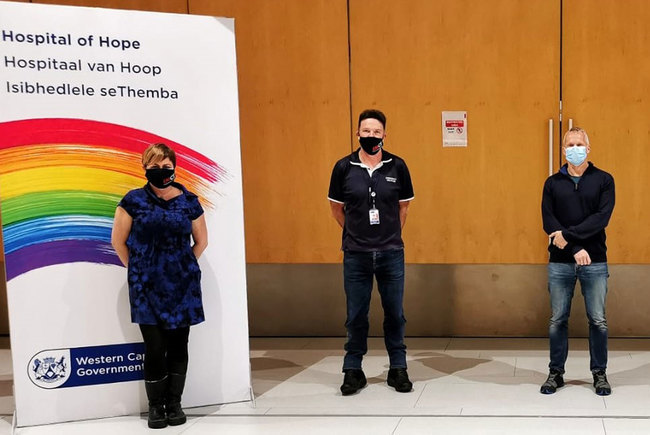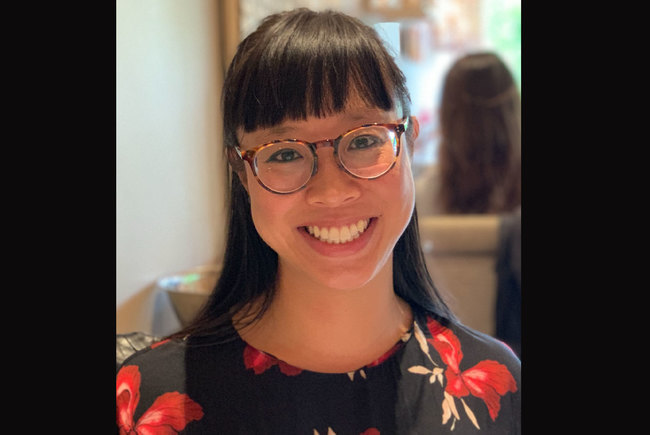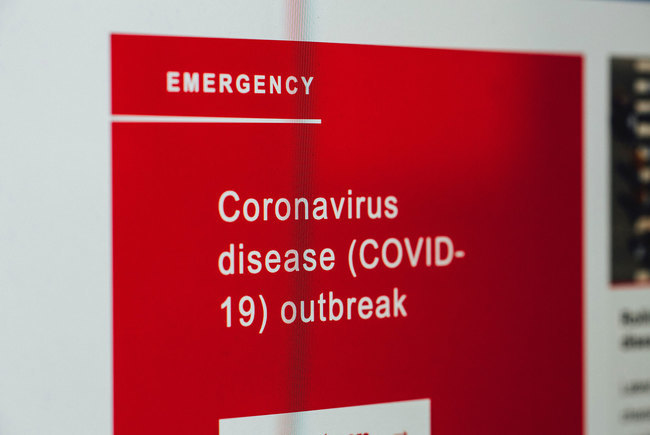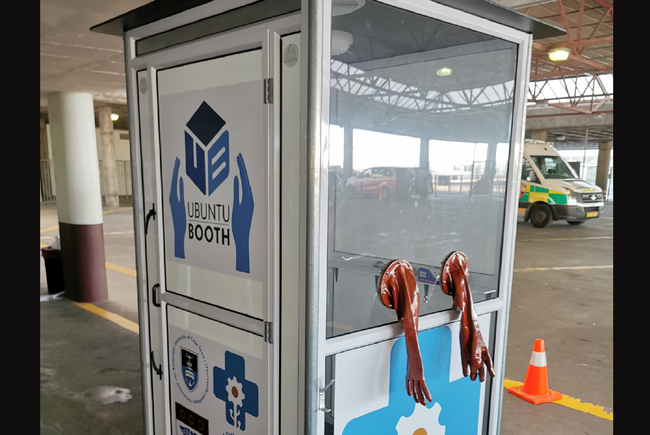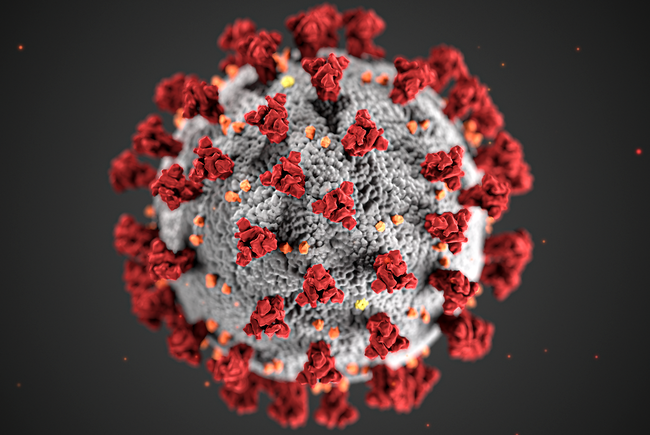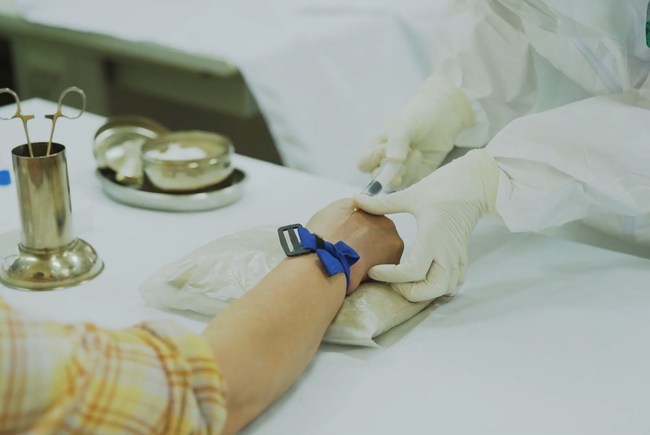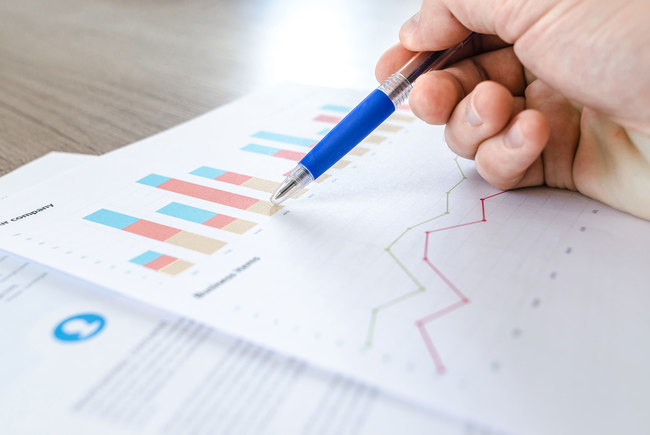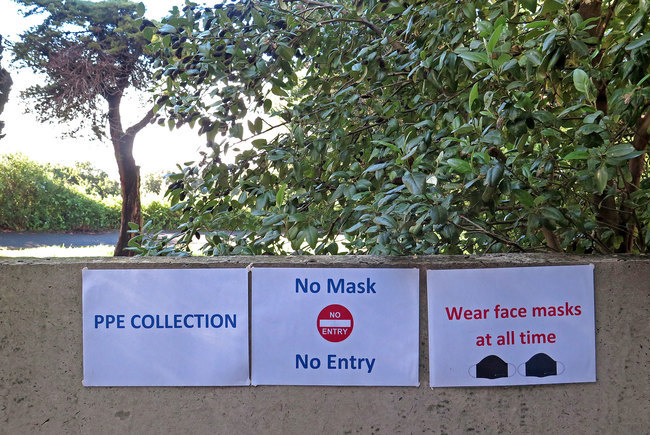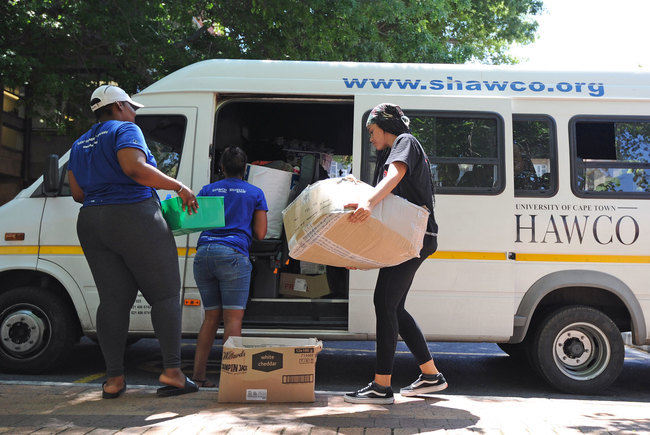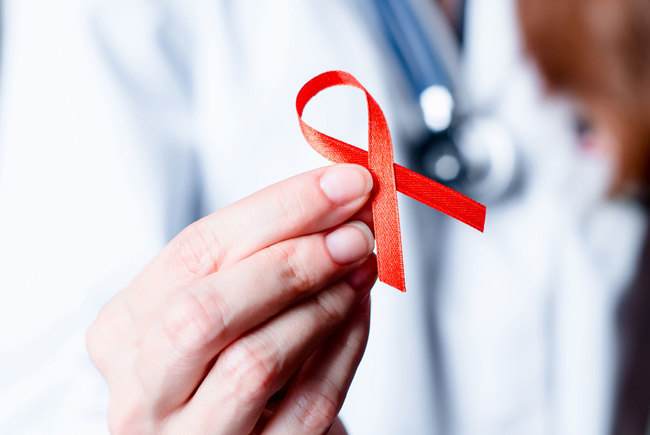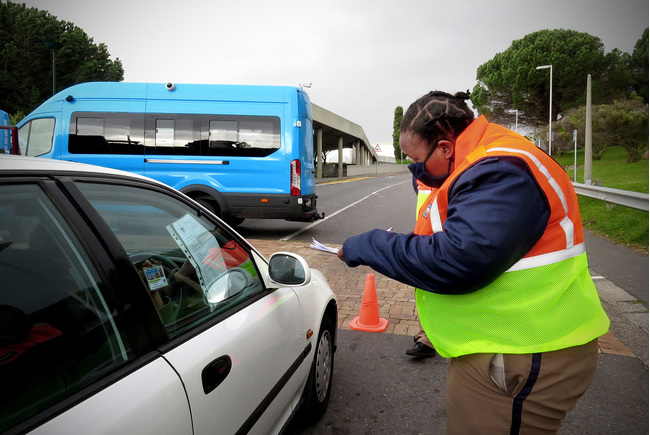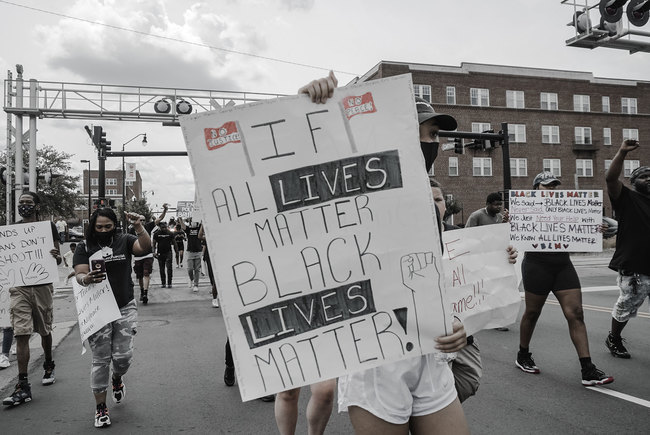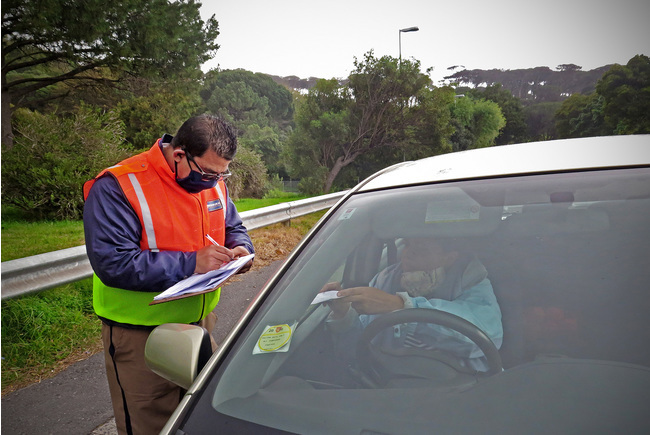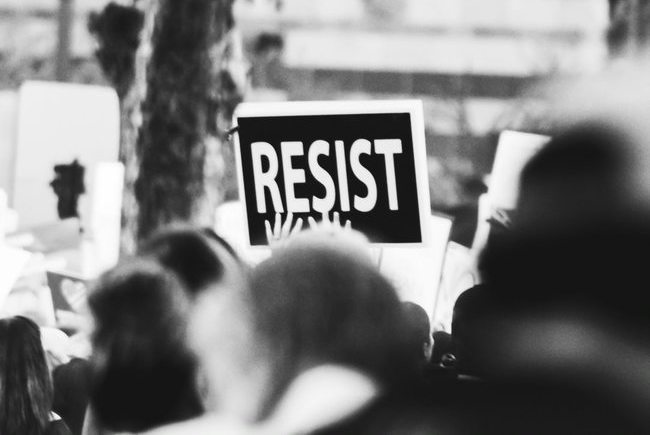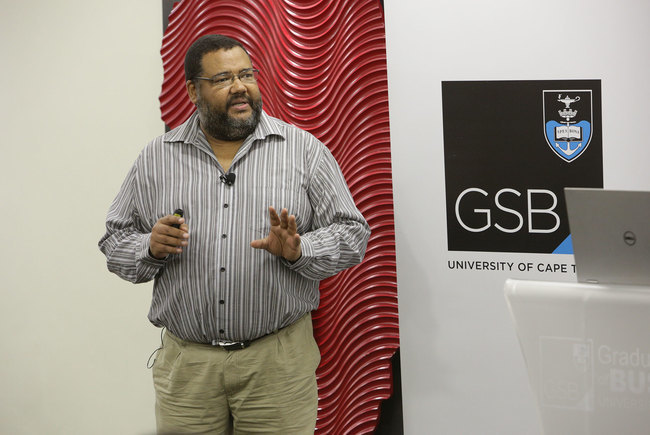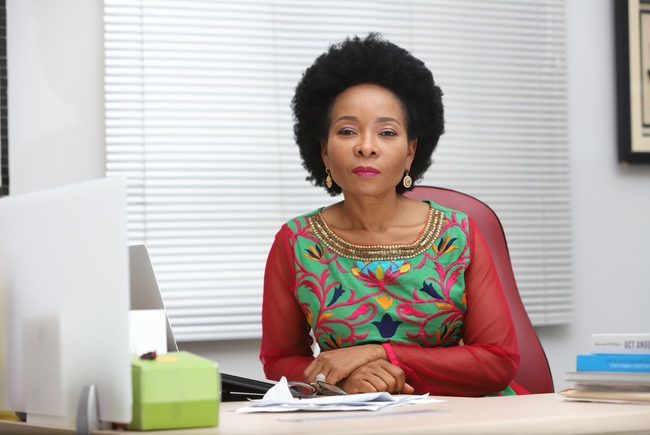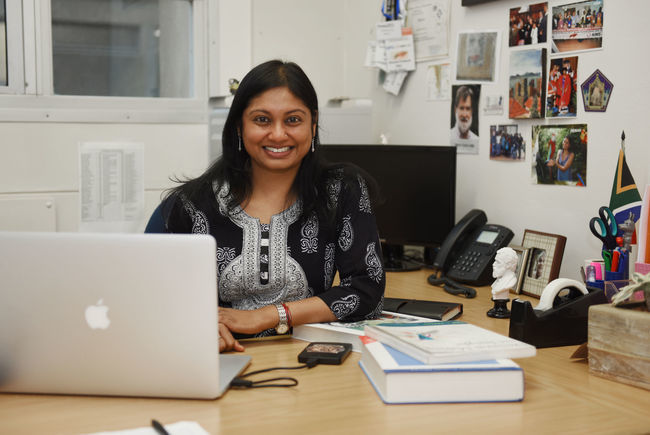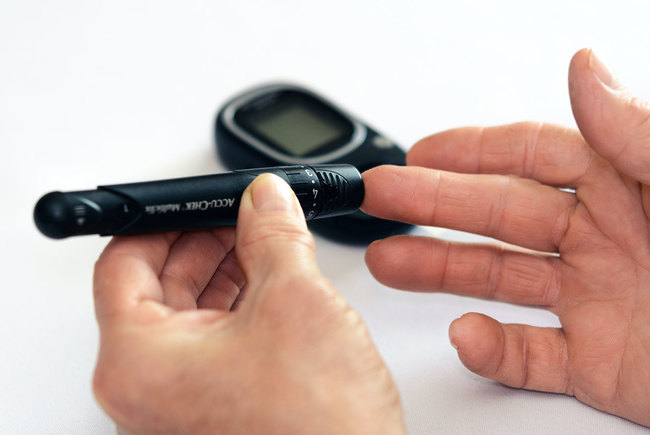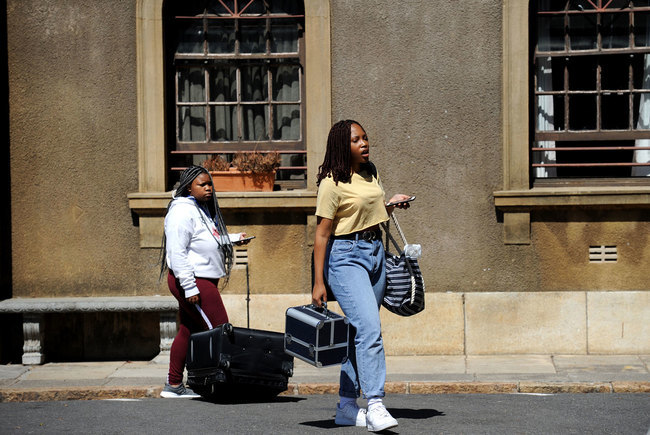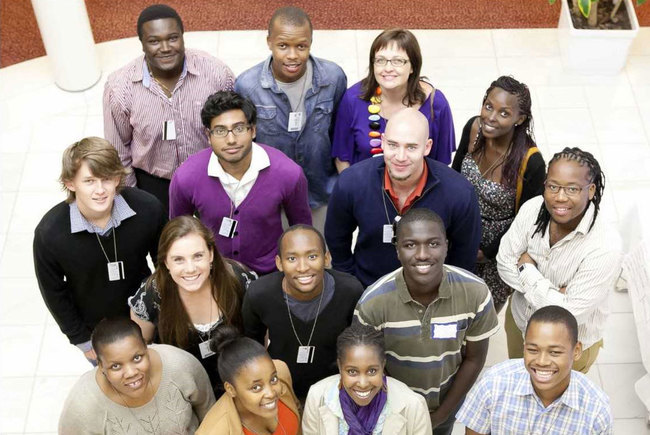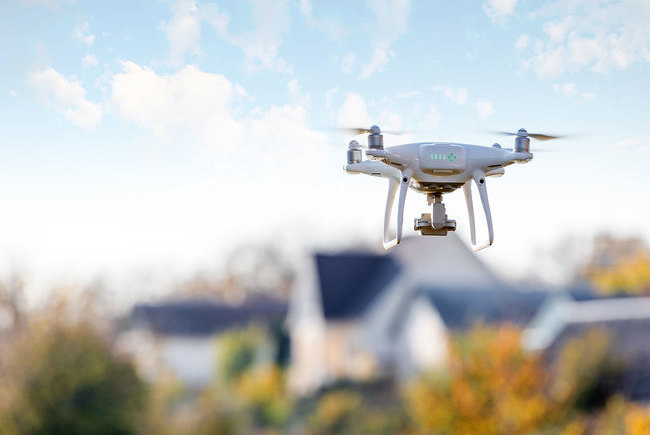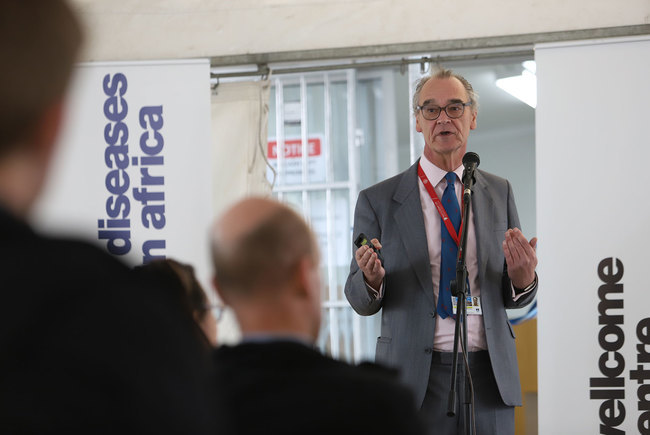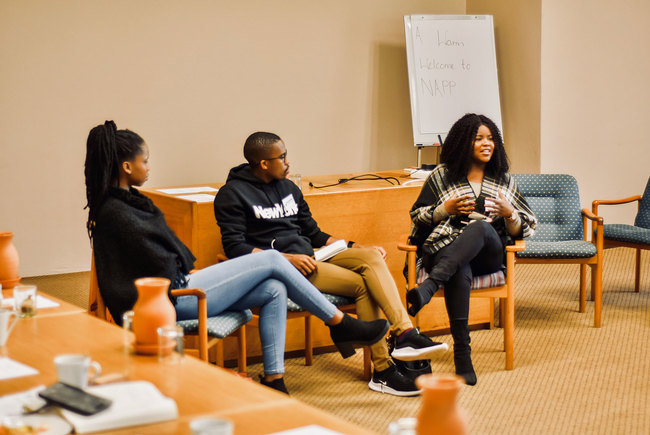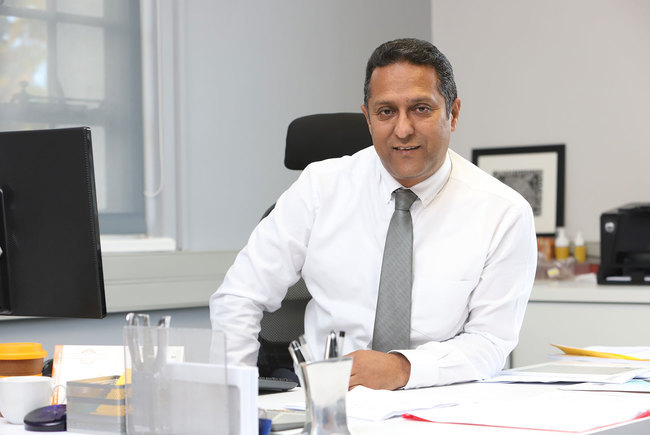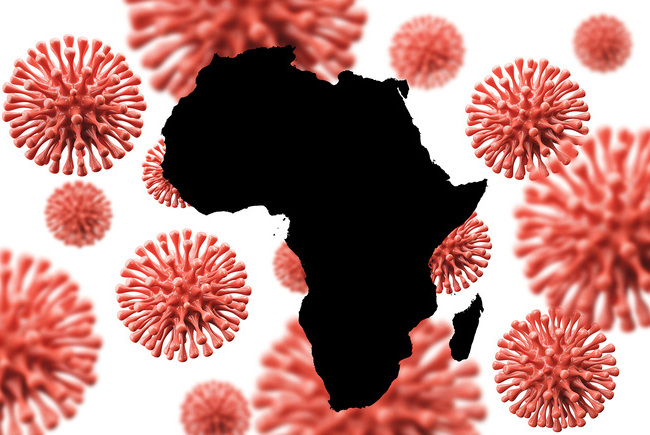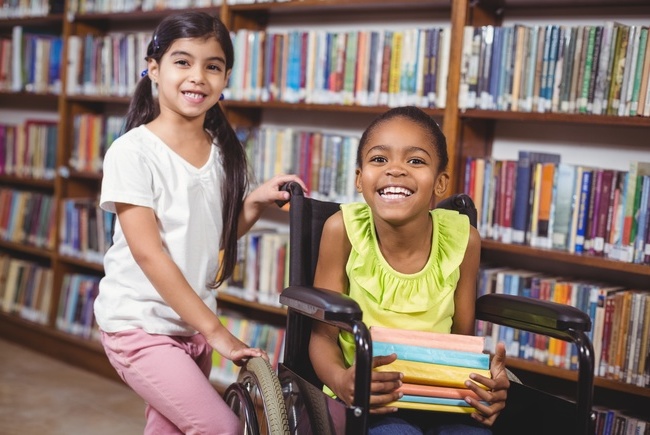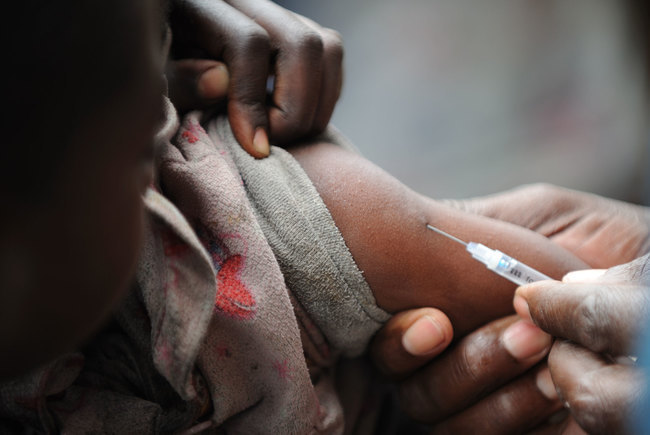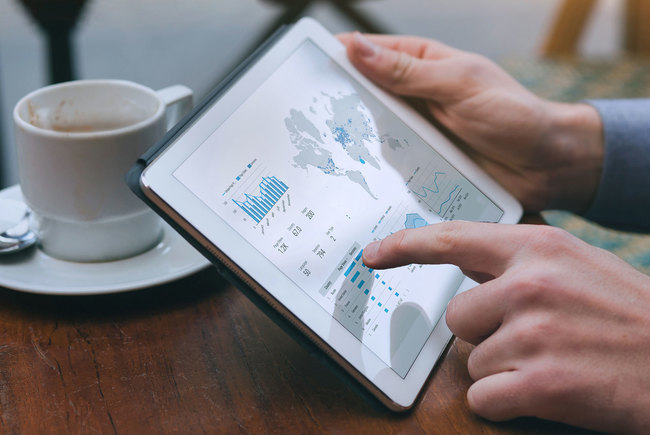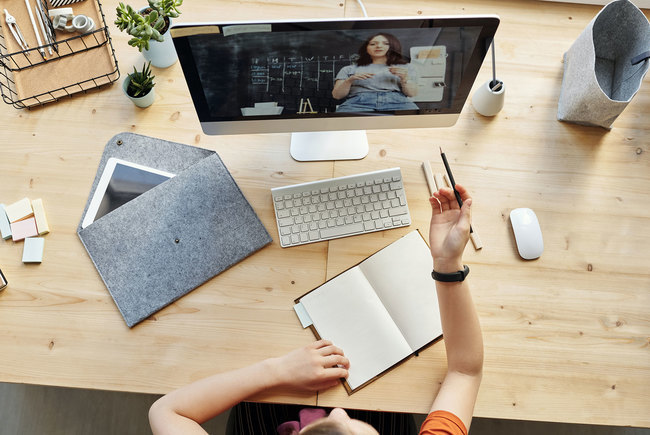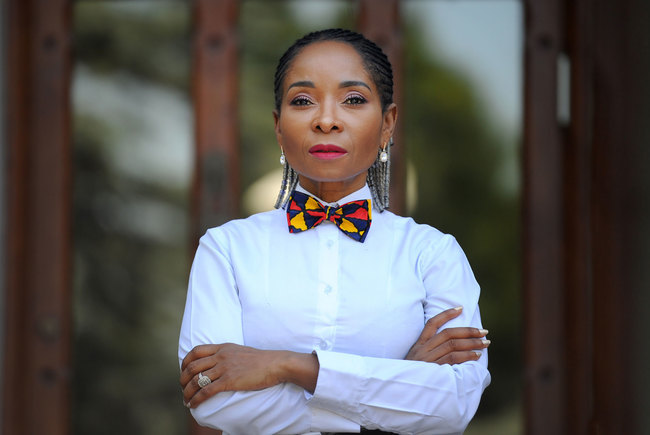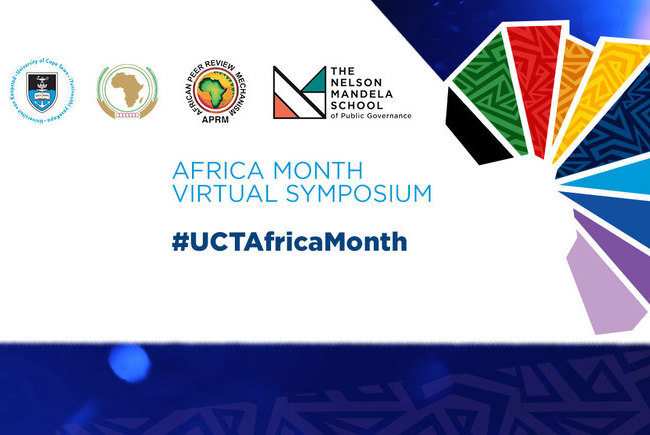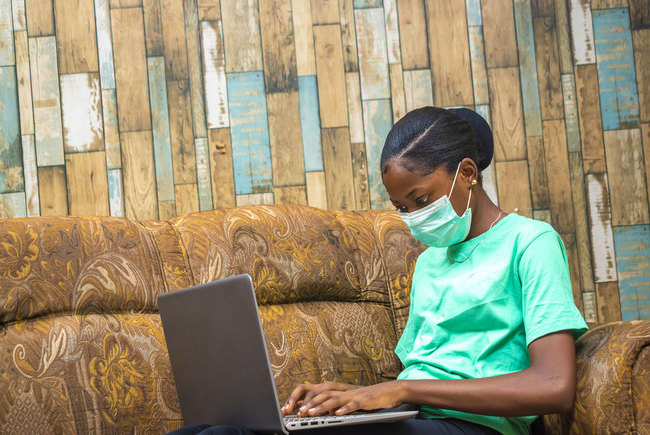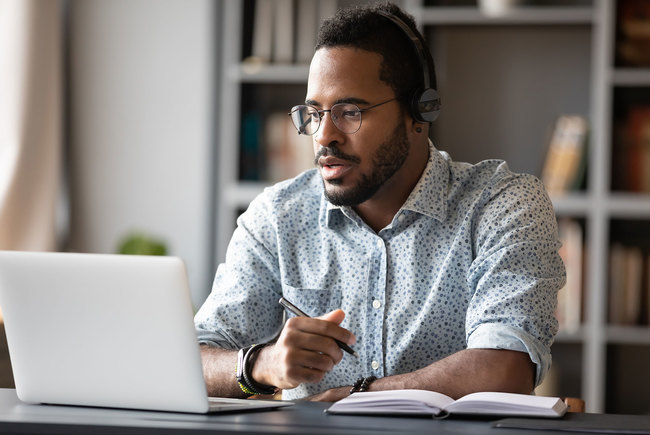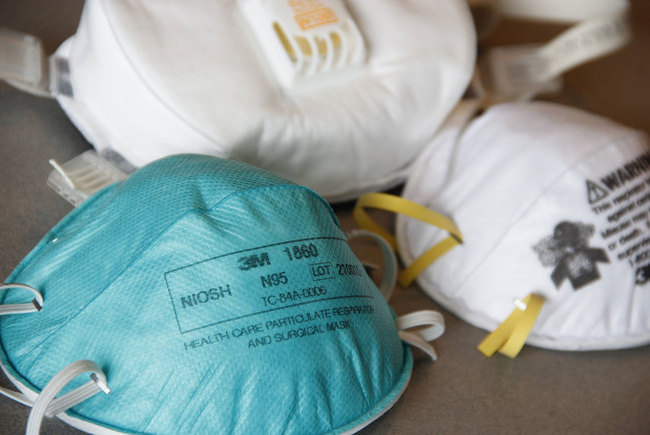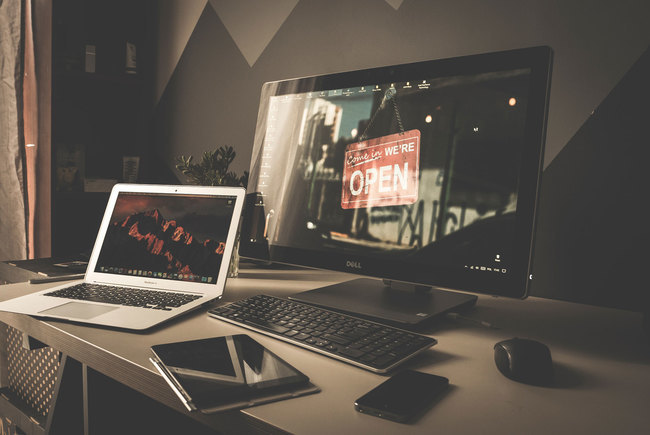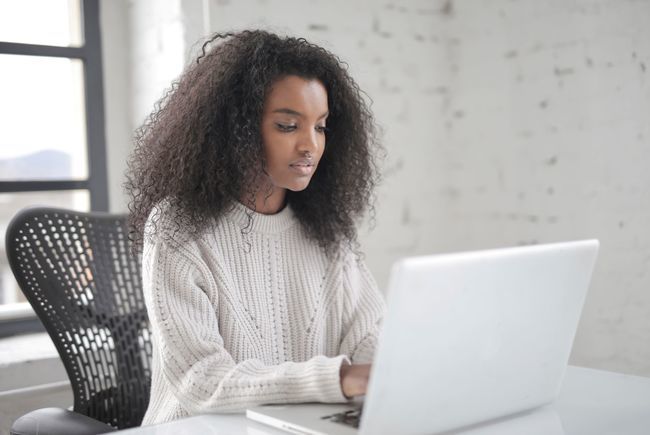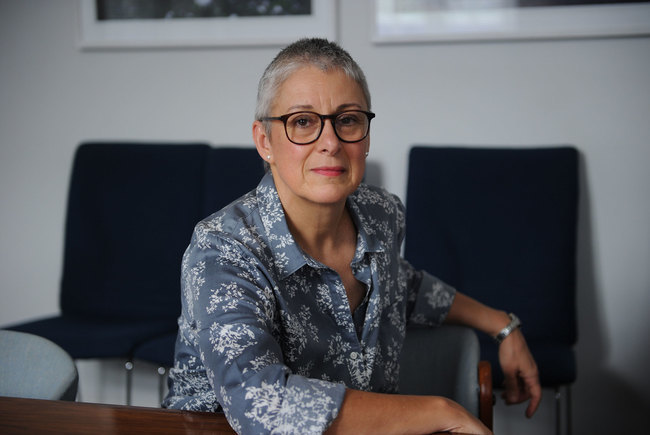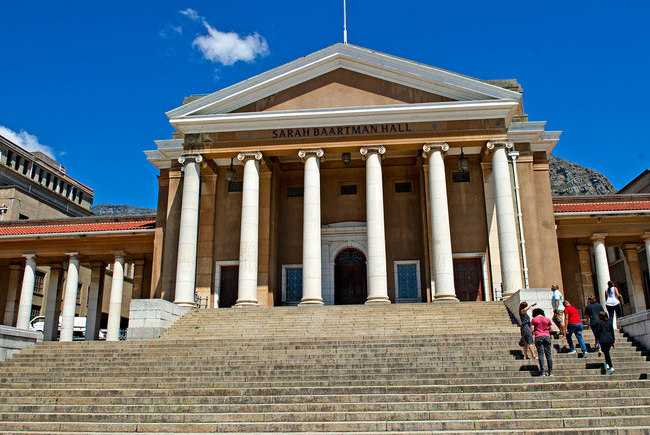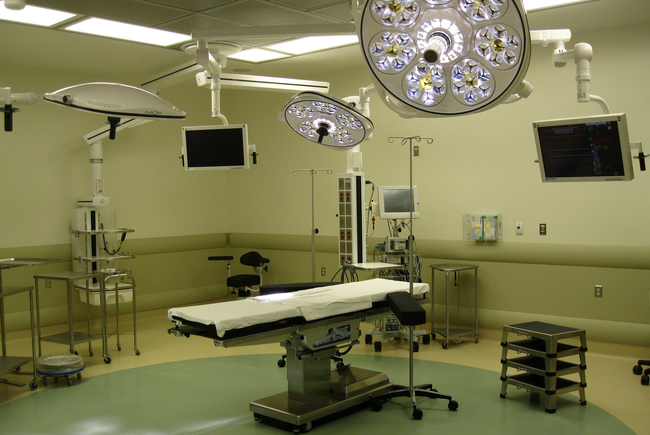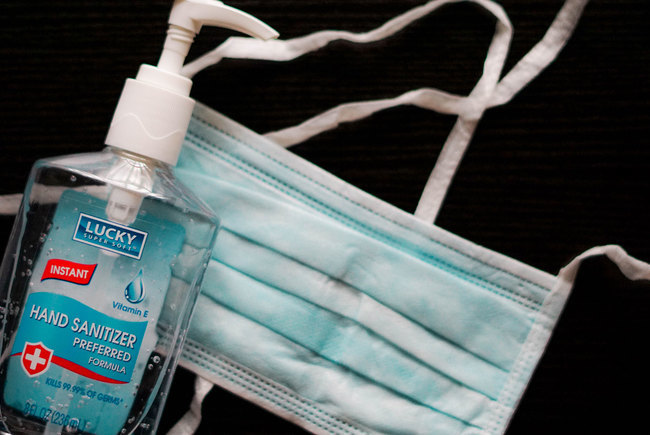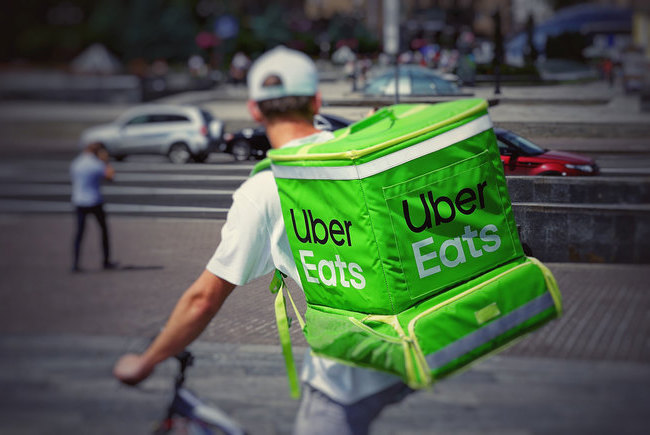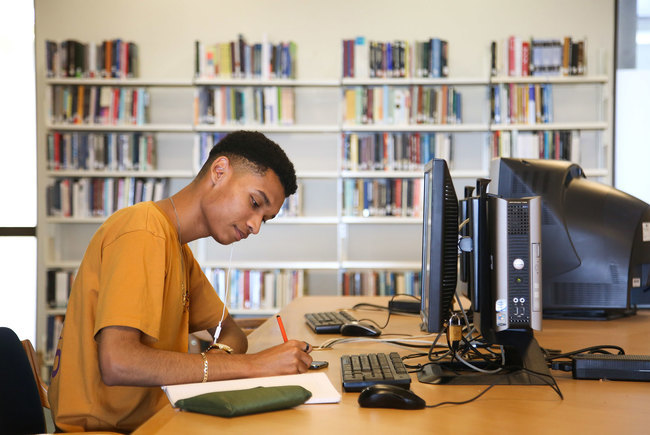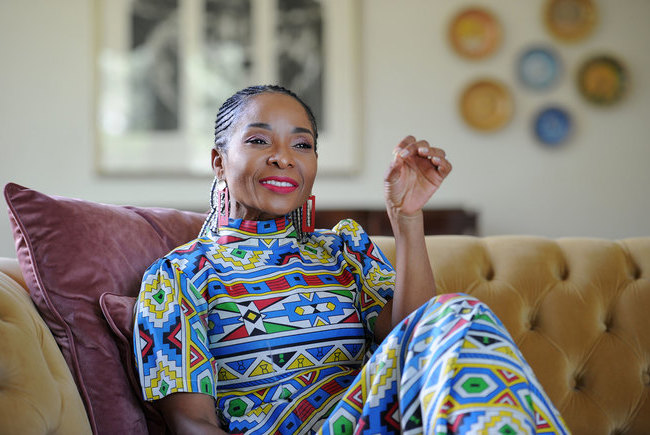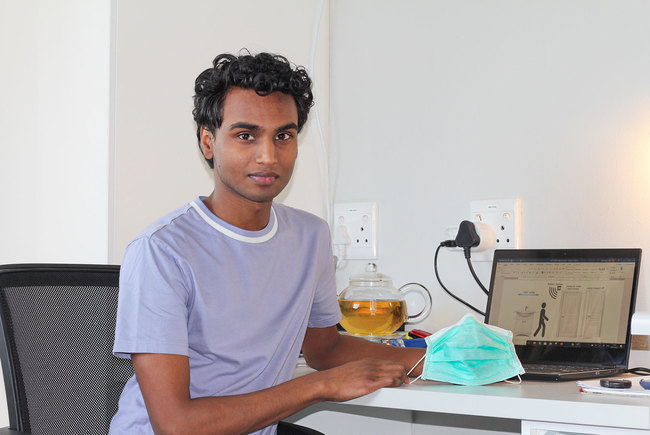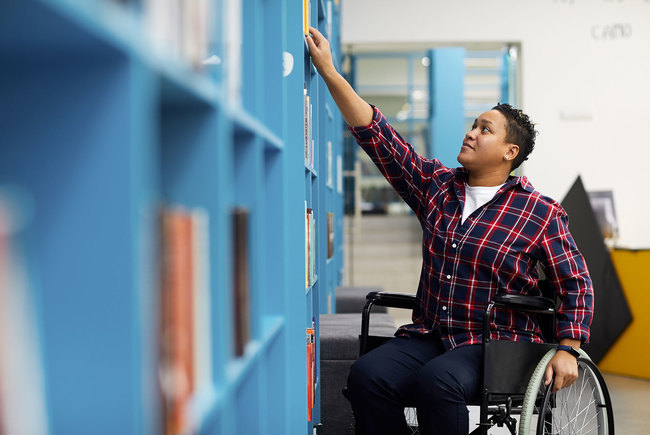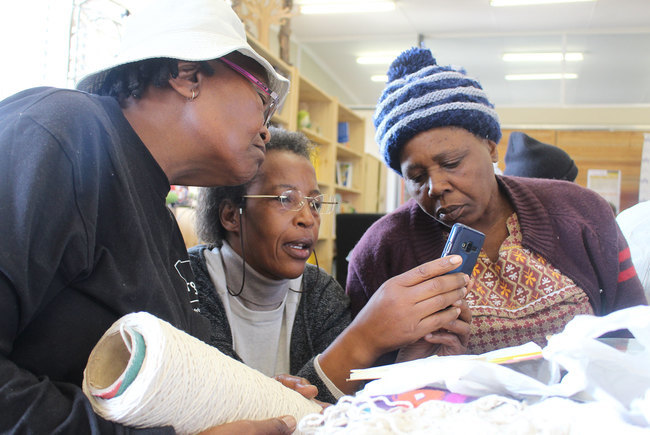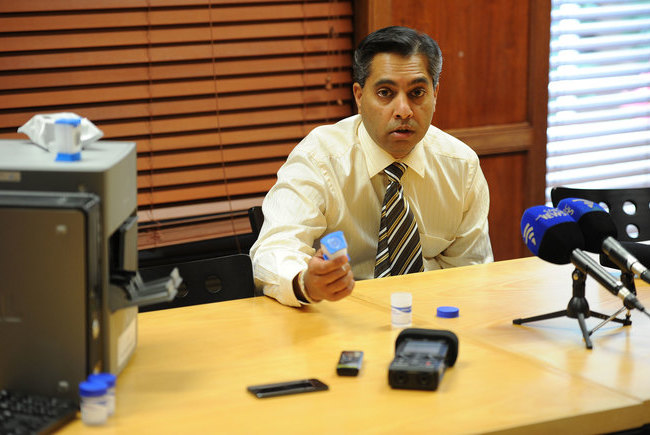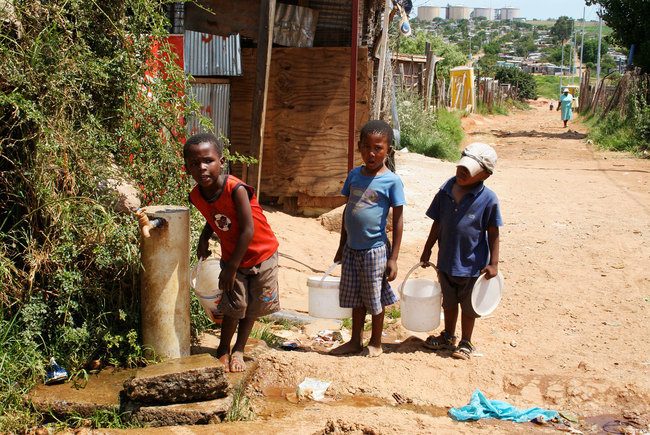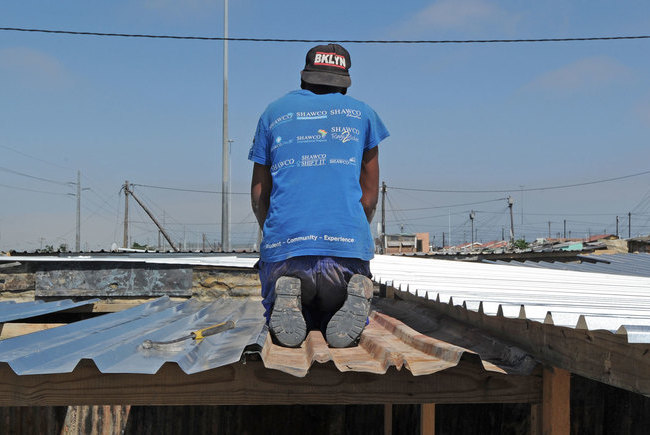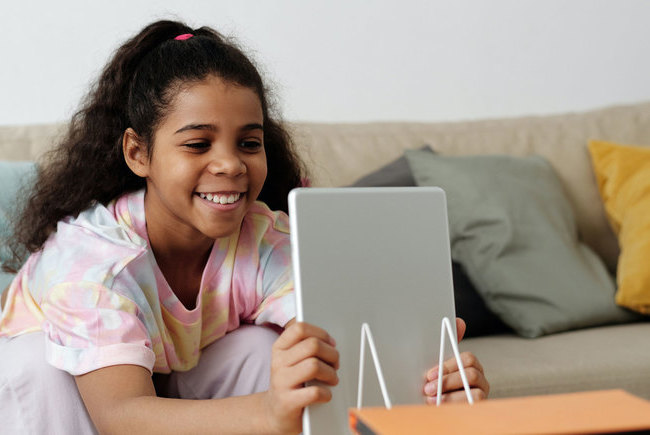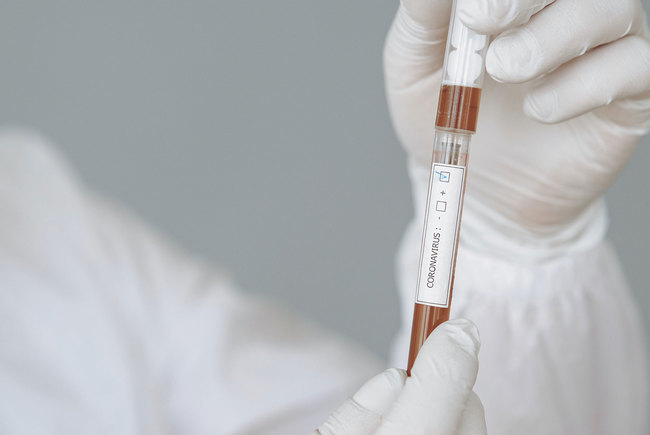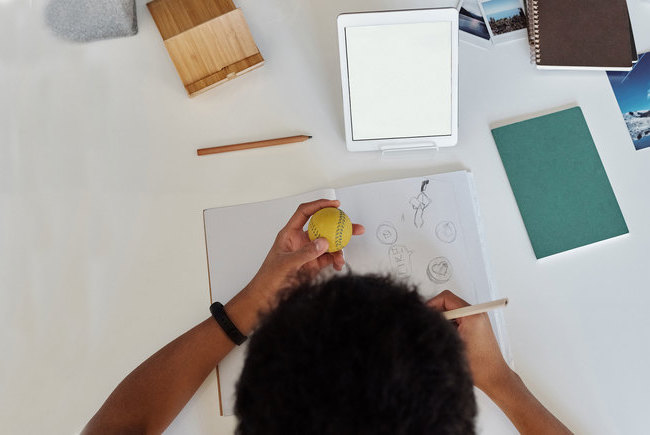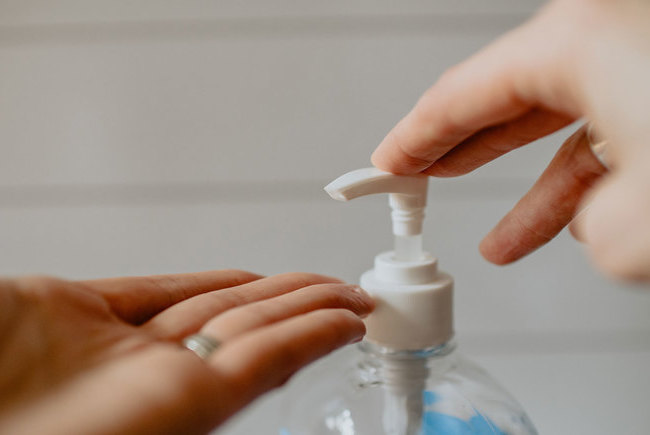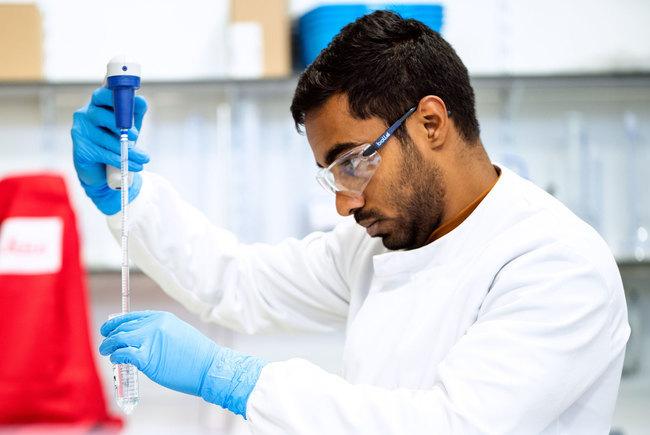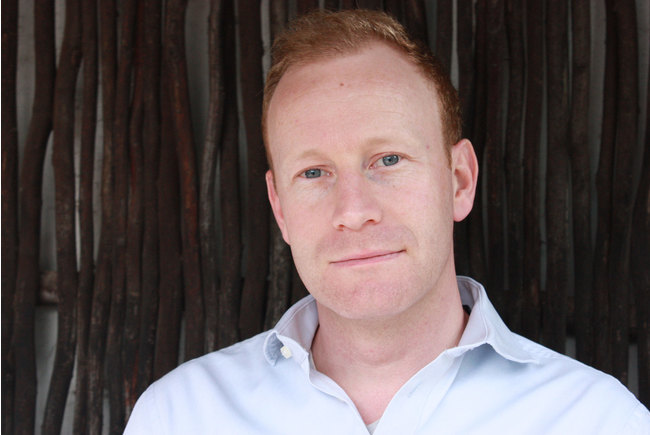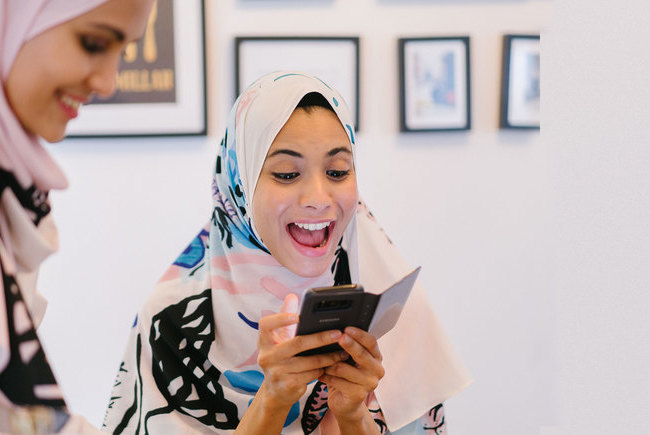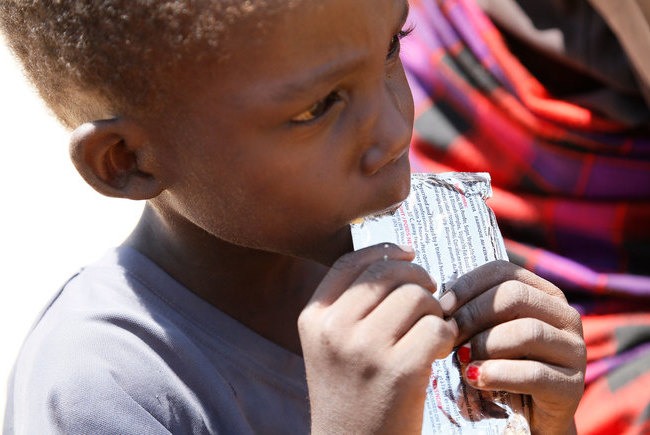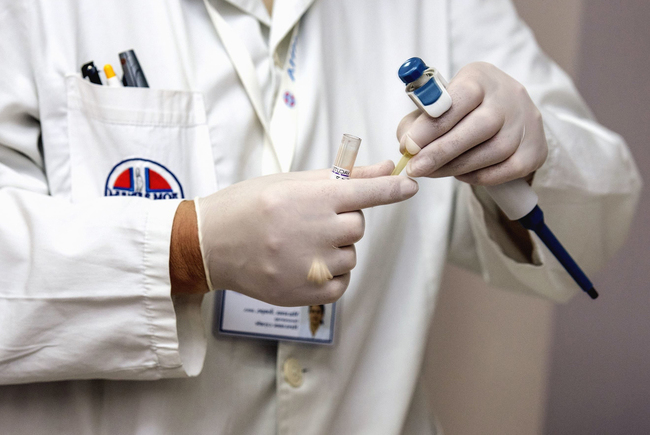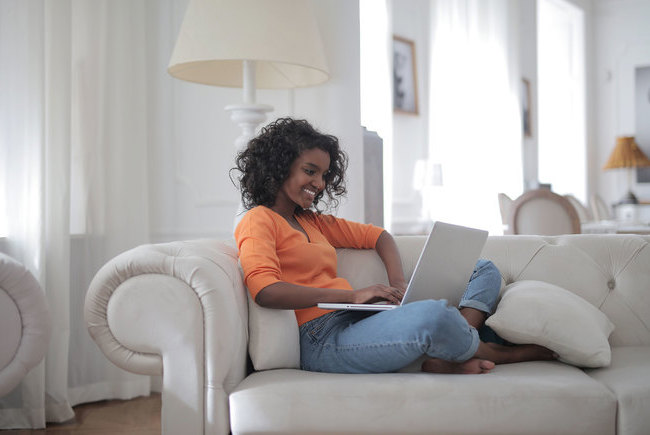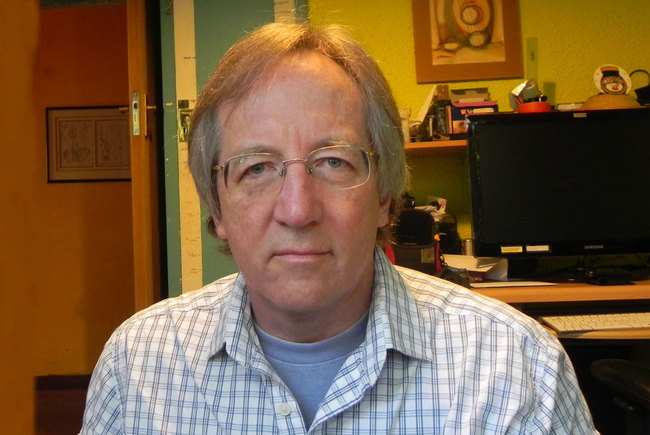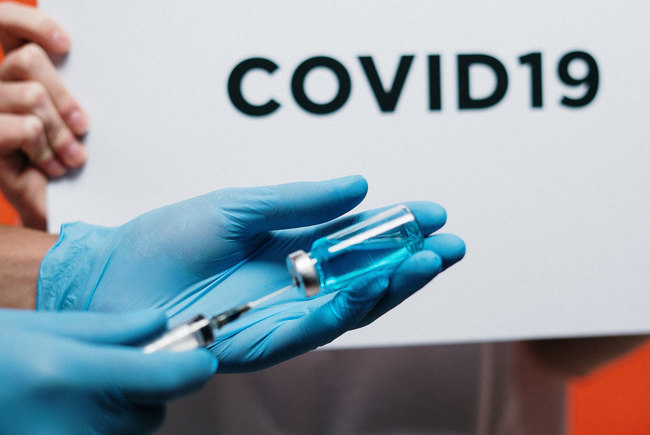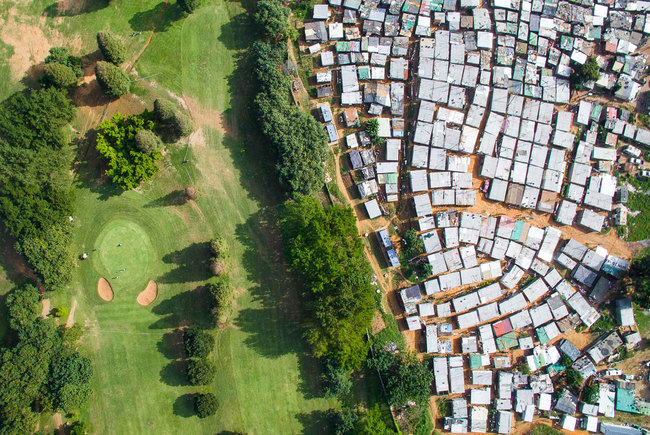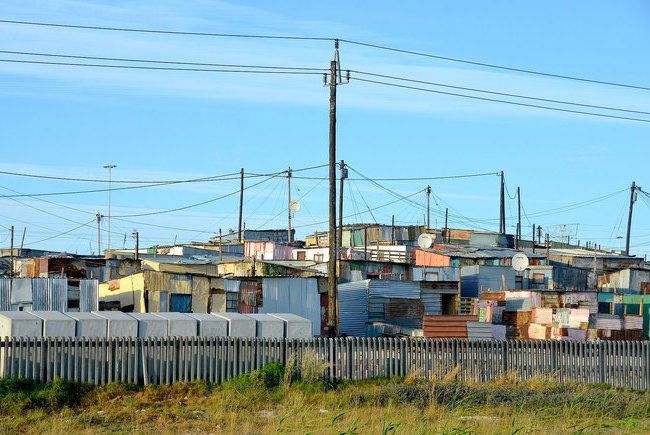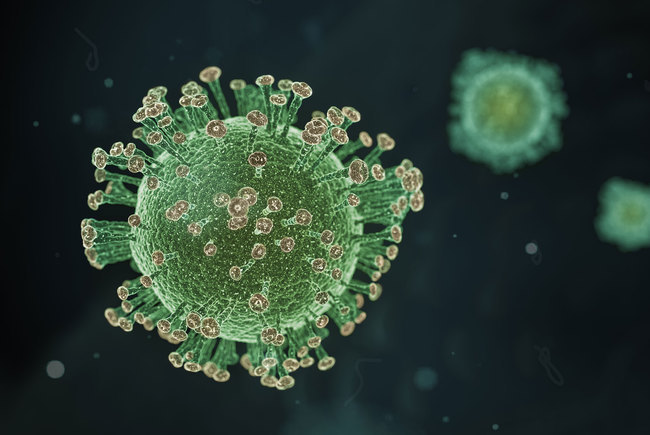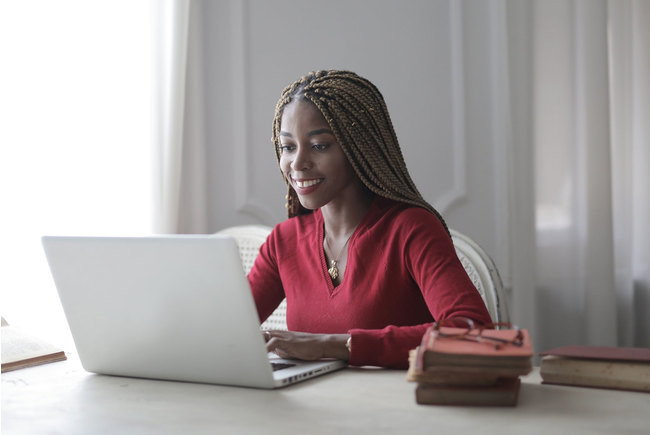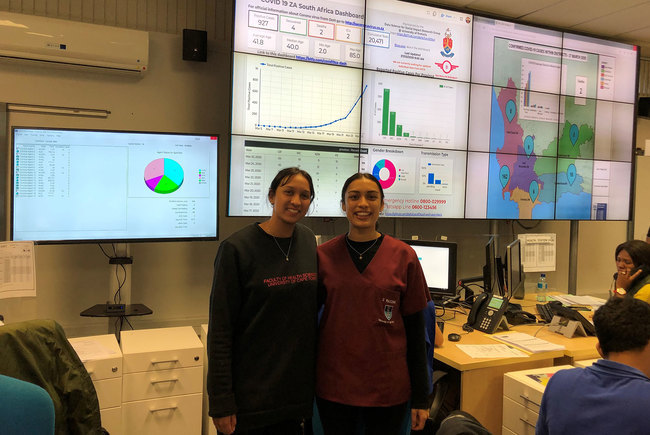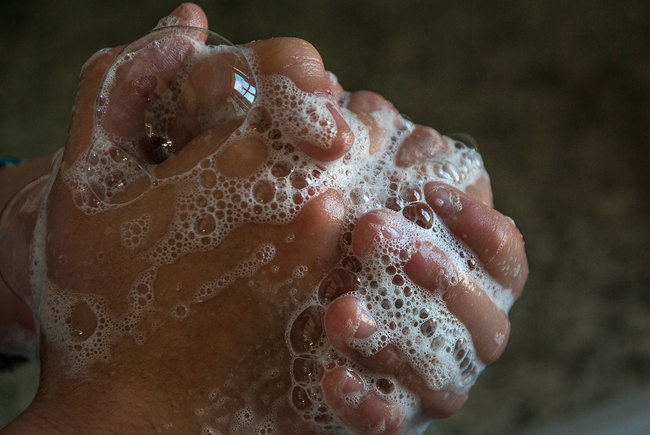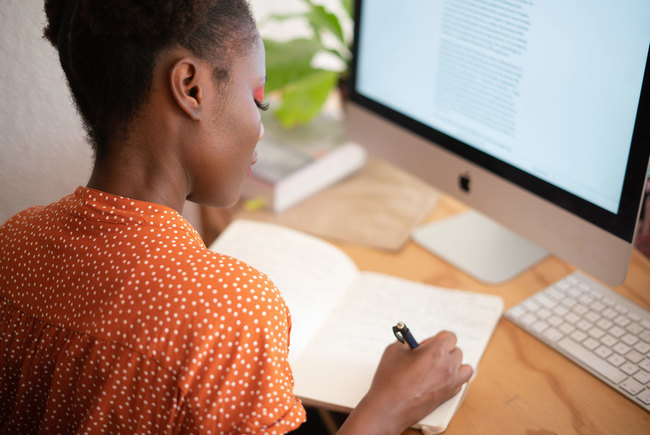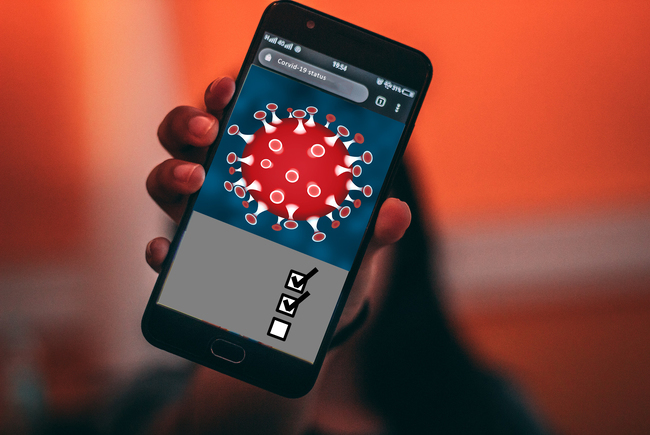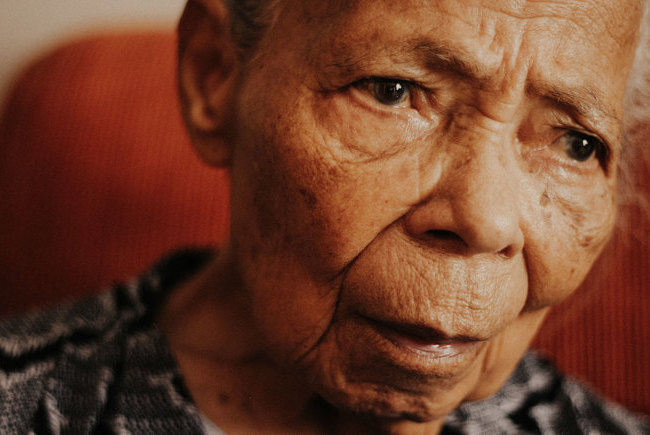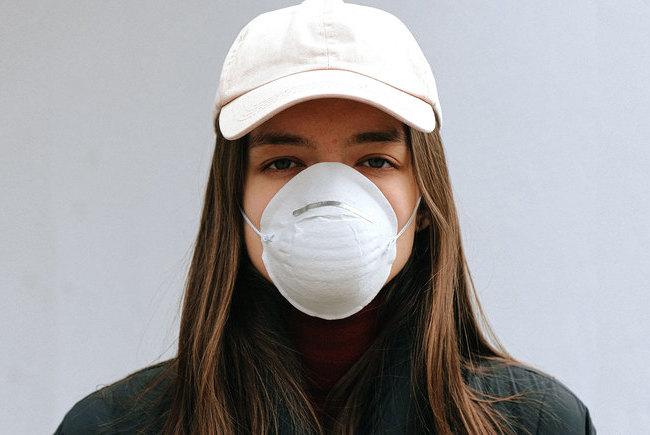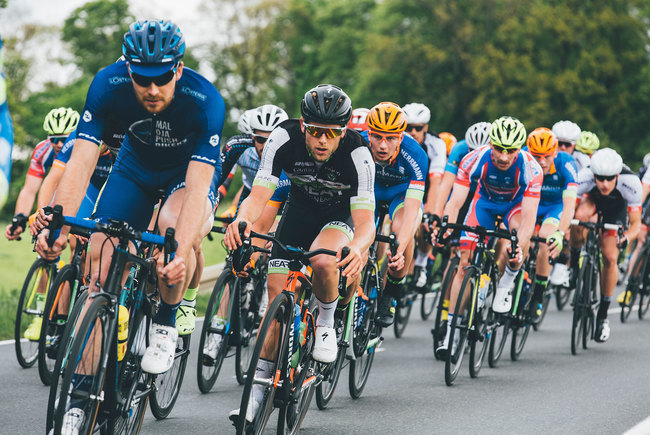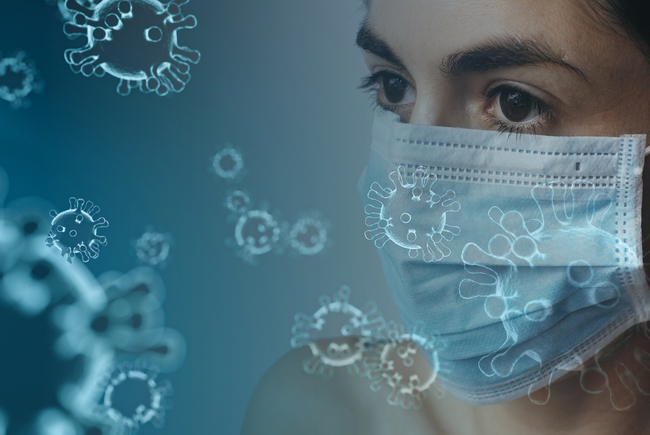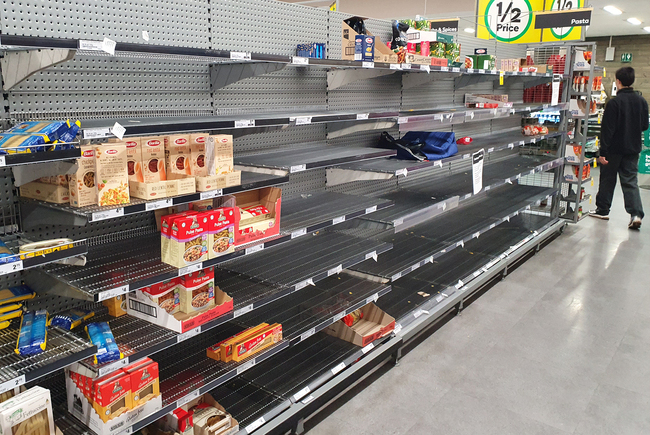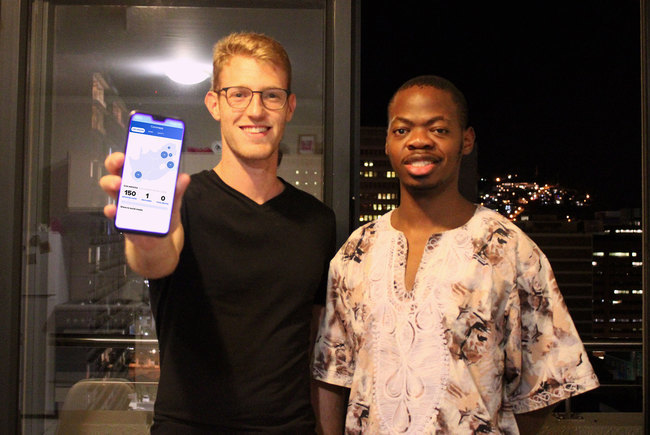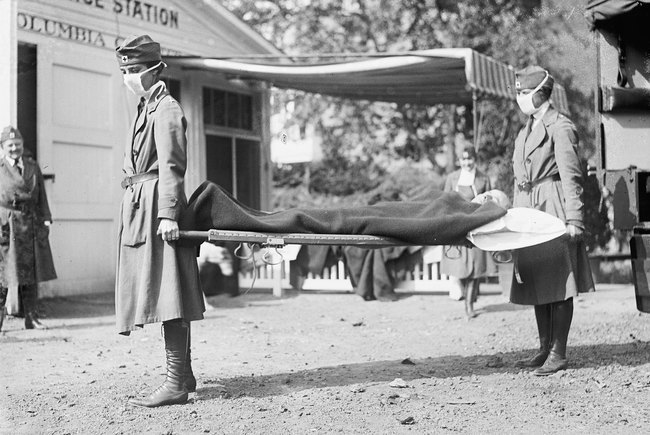‘Our bodies love rhythm and routine’: Why sleep is your bestie
08 May 2020 | Story Helen Swingler. Read time >10 min.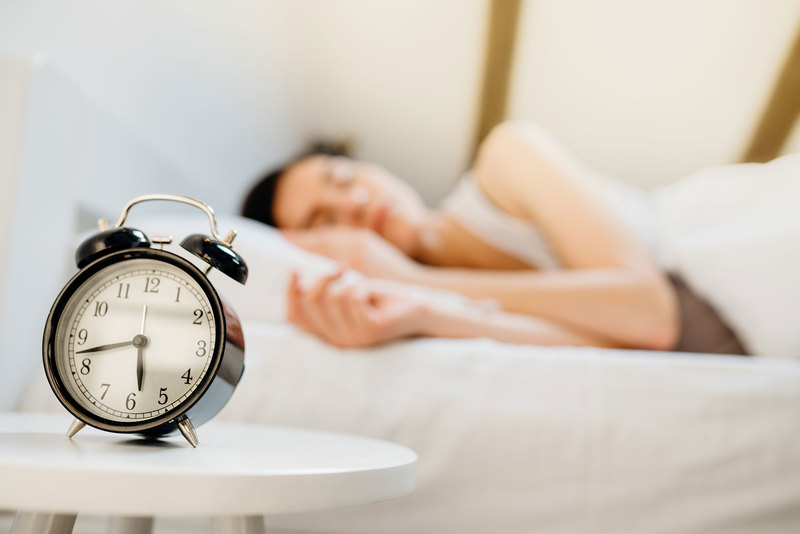
If you’ve never thought about the quality of your sleep and its deeper implications, Dr Dale Rae’s research offers compelling glimpses into how sleep affects health, mental health – and even performance among sportspeople and competitive computer gamers. Rae heads the Chronobiology and Sleep Laboratory in the Division of Exercise Science and Sports Medicine at the University of Cape Town (UCT). She spoke with Helen Swingler about her work and why sleep is our best friend in anxious times.
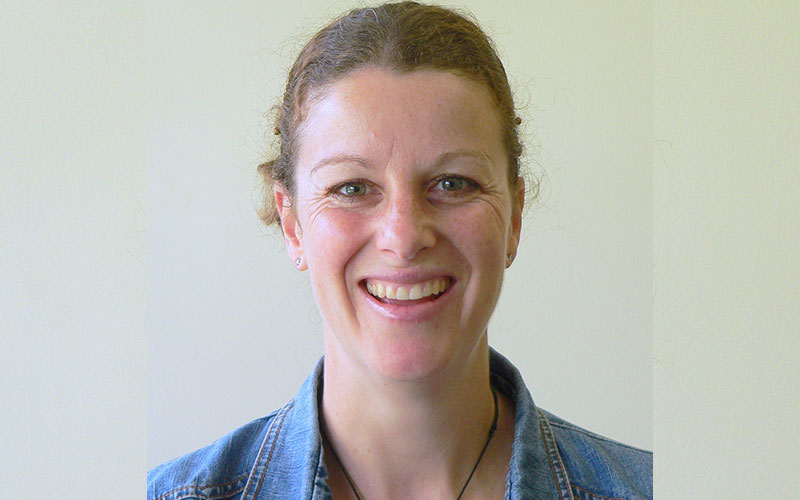
Helen Swingler (HS): Sleep science is a lesser known area of scholarship. What aspects of sleep do you research?
Dale Rae (DR): The short answer is sleep and circadian rhythms – the natural internal process that regulates most processes within the body, including the sleep–wake cycle, and repeats every 24 hours. I’m especially interested in how sleep is associated with health (obesity, cardiometabolic diseases) and performance (workplace, cognitive and athletic).
HS: How does one become a sleep scientist? What was your academic route and where do you work from?
DR: I have a PhD in Exercise Science from UCT. In 2008 I began a collaboration with UCT molecular biologist Professor Laura Roden. She worked on circadian rhythms in plants and was looking for a human physiology partner. We initially worked on studies looking at circadian rhythms in athletes; this led to me learning about sleep – and falling head over heels in love with the topic. With no specific sleep physiology training in South Africa, I’m largely self-taught through research, but did attend a summer school at Oxford University [in the United Kingdom (UK)] and various other training courses. Professor Roden has since moved to Coventry University in the UK, but we remain collaborators. I currently run the Chronobiology and Sleep Lab at the Division of Exercise Science and Sports Medicine in the Department of Human Biology in the Faculty of Health Sciences. I am also the director of Sleep Science at UCT, a business through which I offer sleep assessments, coaching and education services to the public.
“I’m largely self-taught through research.”
HS: As a sleep scientist, are you collecting data on any aspect of the COVID-19 pandemic as it relates to your research?
DR: Yes. Together with a consortium of researchers from UCT, Wits and Rhodes universities, we’re about to launch a survey study investigating the effects of lockdown on our daily routine as it relates to lifestyle behavioural factors (sleep, physical activity, work, meal timing, screen time, etc) and associations with anxiety and depression.
HS: Briefly, how does stress or anxiety related to the pandemic – or any other time – affect us physically and mentally vis-à-vis our sleep patterns.
DR: Just to note that I am a scientist, and not a psychologist or medical doctor. What we do know, however, is that in the absence of any other underlying medical condition or medication use, stress/anxiety is one of the chief “ruiners” of sleep. I’m sure you can relate to either being unable to fall asleep or waking between 01:00 and 03:00 and not being able to get back to sleep, thanks to a racing mind, worry or rumination. This is often because underlying stress and anxiety tend to surface during sleep (when we supposedly let our guard down). We understand that during sleep we process emotions, ideas and new information. This usually happens without you really being aware of it but may surface in your dreams. With the current pandemic, many people are concerned about household income, job security, increased workload (working at home, schooling children, running a home) – not to mention all the unknowns and the bombardment of information about the disease. As such, underlying stress or anxiety is certainly a factor and largely responsible for many people experiencing poor quality or fragmented sleep right now.
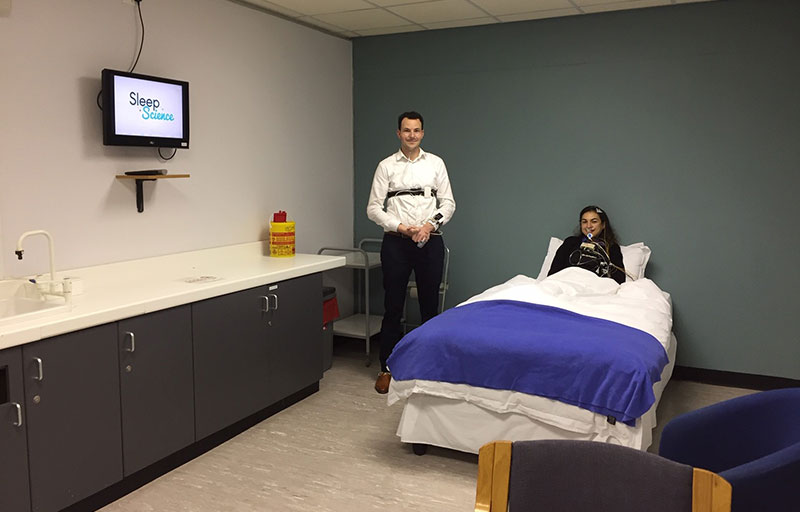
HS: How do disruptions to our daylight routines affect our sleep patterns? And the fact that we’re all living in an abnormal situation – closed in, with little control of what’s happening?
DR: This is a very interesting area and one for which we have theoretical and anecdotal evidence but hope to have better data in the future. Our bodies love rhythm and routine, and healthy routines are crucial to robust circadian rhythms. Disrupted rhythms as experienced by shift workers (long-term) and through jet lag (short- term) increase fatigue, impair sleep and disturb metabolism.
The other important aspect is that as diurnal creatures we have evolved to be active during sunlight hours and rest during darkness – in short, being awake, alert, working, physically active and eating while the sun is up, and limiting these behaviours after sunset to allow sleep to follow. What many people are reporting during lockdown is a lack of routine or a shift in the timing of their routine-like behaviours.
“Our bodies love rhythm and routine.”
The first is more worrisome. Erratic bedtimes, wake-up times, sleep durations (variances of more than 1.5 hours in a given week), mealtimes, exercise sessions, working hours, etc, contribute to circadian dysrhythmia, which may in turn result in short, poor-quality sleep. Just one week of such sleep has been shown experimentally to increase propensity for weight gain, alter immunity and promote insulin resistance. Add to this limited natural light exposure if a person does not get outdoors enough (especially in the morning) and excessive artificial light exposure after sunset (from our devices) and we further dampen our circadian rhythms. This makes it harder to be alert in the mornings and delays our natural bedtime.
The reason for this is that light exposure is a critical entrainer of our circadian rhythms. As evening light levels decrease, we produce melatonin, a hormone which, among other things, signals “night phase” to all cells in our body. Excess light at night (especially short wavelength blue light, or even bright light, the source of which is close to our eyes, ie phones, tablets) has been shown to delay nocturnal melatonin production.
HS: And routines?
DR: Shifts in routine could see a person moving to a routine that is more in sync with their personal circadian rhythm. There is inter-individual variation in our circadian rhythms that we observe behaviourally through what we call chronotype (one’s preference for morning or evening activity). Larks (or morning types) prefer early rise times, morning cognitive and physical activity and earlier bedtimes. Owls (evening-types) prefer later rise times, working or being physically active in the afternoon or evening with later bedtimes.
Societal norms see early school, university and work start times in South Africa. This means that for most people early rise times are necessary to be on time. This is really tricky for night owls, who typically have a reduced sleep opportunity, and yet wake-up time is inflexible. The result is that many owls are chronically sleep deprived.
“The result is that many owls are chronically sleep deprived.”
With lockdown, two things seem to have happened. First, many people experienced longer nocturnal sleeping periods and some daytime napping, initially. This almost always reflects catch-up sleep – your body’s way of getting you to pay back some of your accumulated sleep debt. Second, many people are shifting towards later bedtimes and later rise times. This suggests that in the absence of what we call societal time cues (“must be at work by 08:00”), and once sleep debt has been mitigated, individuals are choosing a sleep timing that is more in sync with their natural chronotype.
To a large extent this is a healthy behaviour, usually associated with better sleep duration and quality. The trick post-lockdown is going to be recognising this and figuring out solutions moving forward to allow people the flexibility to sleep in sync with their natural circadian system.
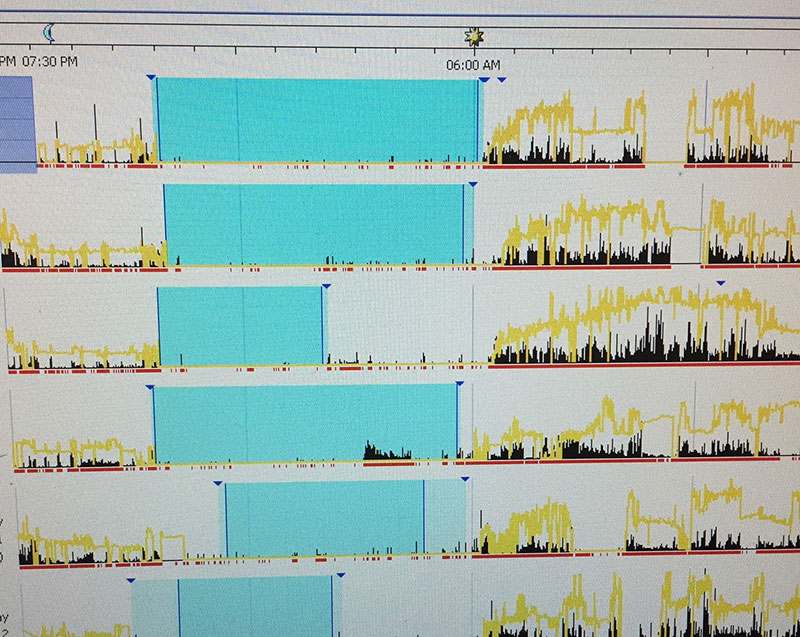
HS: How does this affect us as employees?
DR: Studies in the United States (US) have estimated that productivity losses attributed to sleep deprivation cost the country about US$411 billion per year; that the US loses about 1.2 million working days annually due to insufficient sleep, and that if individuals who usually sleep less than six hours started to sleep six to seven hours a night, this could potentially add US$226.4 billion to the US economy annually.
Bringing this back to working at home – while we might save time during the day by not commuting to work and socialising, etc, if we are sleep deprived, we may not be able to filter the distractions around us, which may reduce productivity.
HS: Because of living space constraints, some work in the spaces they sleep. Is it better to separate these spaces in some way?
DR: Ideally yes. Although my view is if it’s not broken, don’t try to fix it. For some people sleep is not an issue – they can work in bed (literally), sleep under bright lights and in noisy places and use caffeine just before bedtime yet fall asleep when they wish to. They are the lucky ones, the exceptions, and in these cases separating work from sleep space is more than likely not going to have much effect on either their work or sleep.
If sleep is more difficult, then separating sleep and workspace is important. The reason is that once a poor sleep pattern or insomnia-like conditions manifest, the habit of poor sleep becomes reinforced. And a person may begin to associate the bedroom/bed with the inability to sleep or fear of not sleeping. The rule is that the bedroom and your bed is for sleep and sex. It should be a safe, calm, peaceful space that you look forward to going to at night and that you associate with sleep.
 This work is licensed under a Creative Commons Attribution-NoDerivatives 4.0 International License.
This work is licensed under a Creative Commons Attribution-NoDerivatives 4.0 International License.
Please view the republishing articles page for more information.
Coronavirus Disease 2019 updates
COVID-19 is a global pandemic that caused President Cyril Ramaphosa to declare a national disaster in South Africa on 15 March 2020 and to implement a national lockdown from 26 March.
UCT is taking the threat of infection in our university community extremely seriously, and this page will be updated regularly with the latest COVID-19 information. Please note that the information on this page is subject to change depending on current lockdown regulations.
Frequently asked questions
Daily updates
Campus communications
2020
Resources
Video messages from the Department of Medicine
Getting credible, evidence-based, accessible information and recommendations relating to COVID-19
The Department of Medicine at the University of Cape Town and Groote Schuur Hospital, are producing educational video material for use on digital platforms and in multiple languages. The information contained in these videos is authenticated and endorsed by the team of experts based in the Department of Medicine. Many of the recommendations are based on current best evidence and are aligned to provincial, national and international guidelines. For more information on UCT’s Department of Medicine, please visit the website.
To watch more videos like these, visit the Department of Medicine’s YouTube channel.
Useful information from UCT
External resources
News and opinions
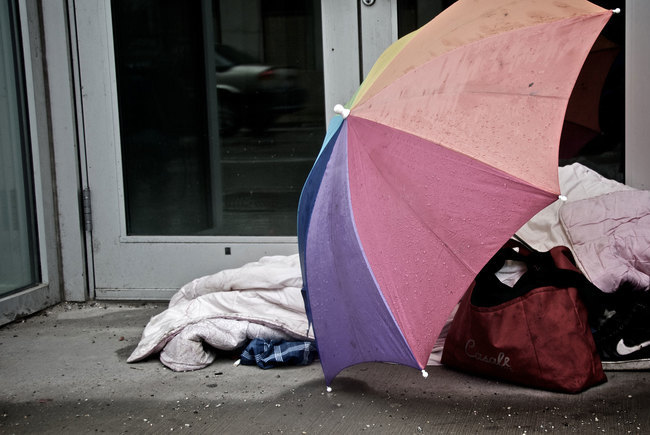
As the COVID-19 crisis drags on and evolves, civil society groups are responding to growing and diversifying needs – just when access to resources is becoming more insecure, writes UCT’s Prof Ralph Hamann.
03 Jul 2020 - 6 min read Republished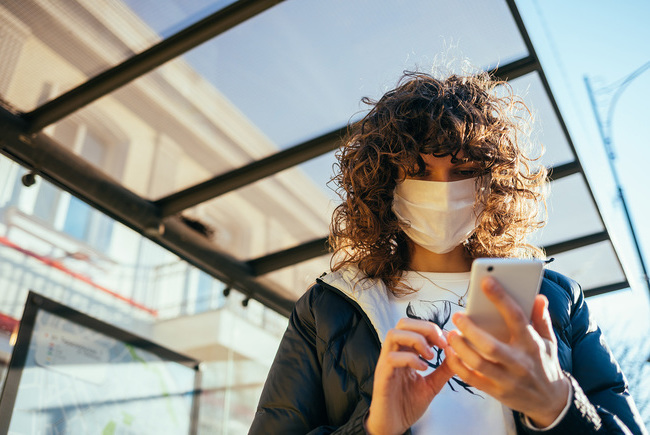
The Covid-19 crisis has reinforced the global consequences of fragmented, inadequate and inequitable healthcare systems and the damage caused by hesitant and poorly communicated responses.
24 Jun 2020 - >10 min read Opinion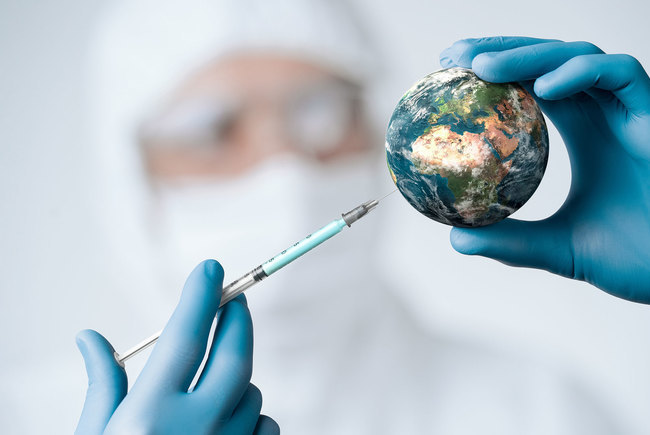
Our scientists must not practise in isolation, but be encouraged to be creative and increase our knowledge of the needs of developing economies, write Professor Mamokgethi Phakeng, vice-chancellor of UCT, and Professor Thokozani Majozi from the University of the Witwatersrand.
09 Jun 2020 - 6 min read Republished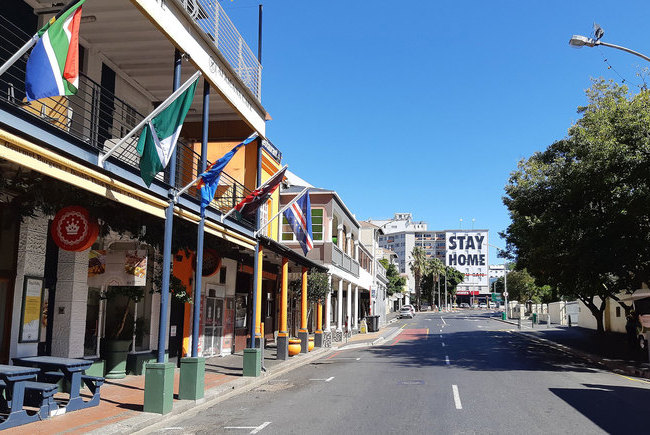
South Africa has been recognised globally for its success in flattening the curve, which came as a result of President Ramaphosa responding quickly to the crisis, writes Prof Alan Hirsch.
28 Apr 2020 - 6 min read RepublishedStatements and media releases
Media releases
Read more
Statements from Government
In an email to the UCT community, Vice-Chancellor Professor Mamokgethi Phakeng said:
“COVID-19, caused by the virus SARS-CoV-2, is a rapidly changing epidemic. [...] Information [...] will be updated as and when new information becomes available.”
We are continuing to monitor the situation and we will be updating the UCT community regularly – as and when there are further updates. If you are concerned or need more information, students can contact the Student Wellness Service on 021 650 5620 or 021 650 1271 (after hours), while staff can contact 021 650 5685.








